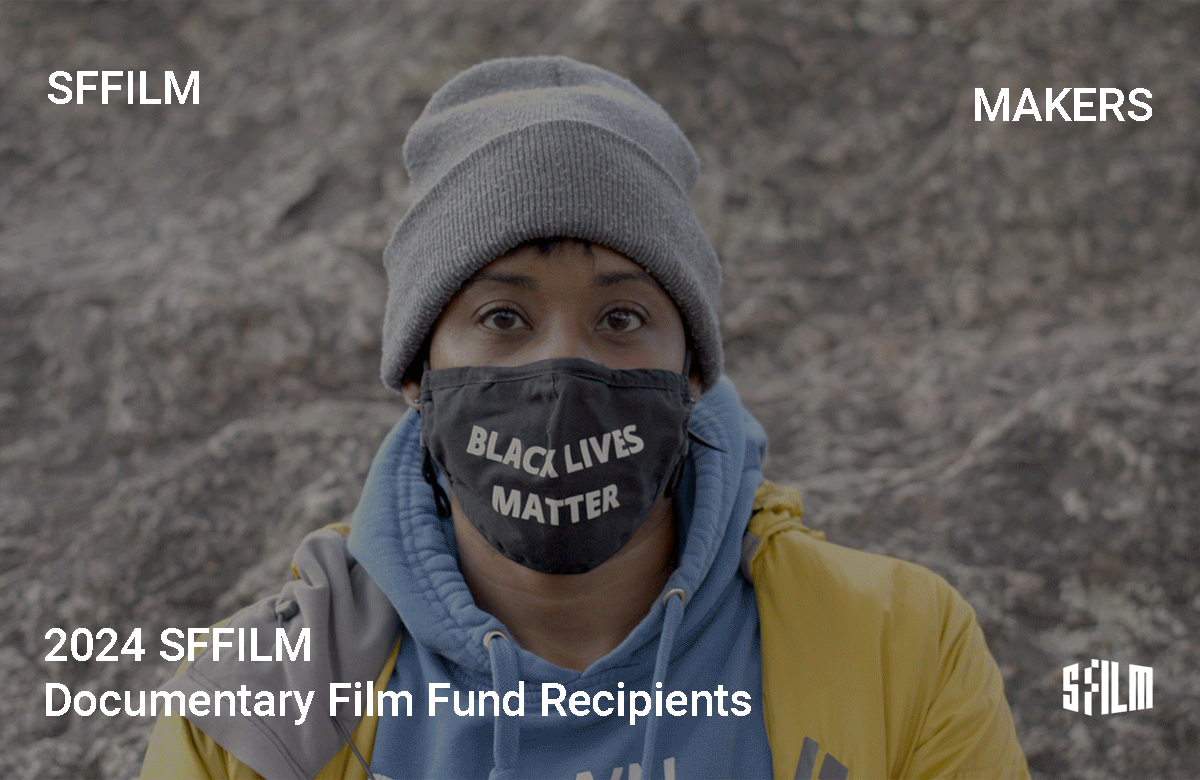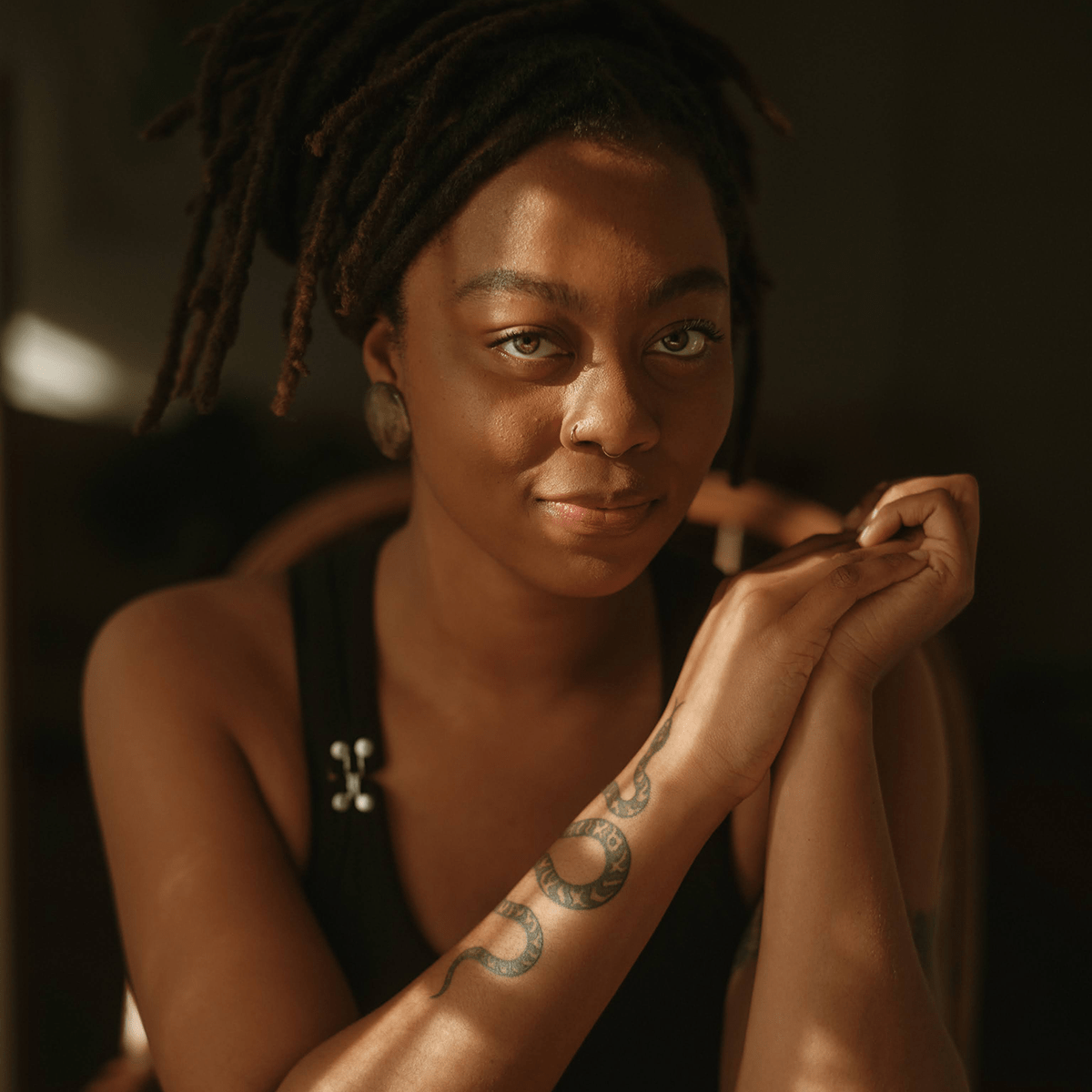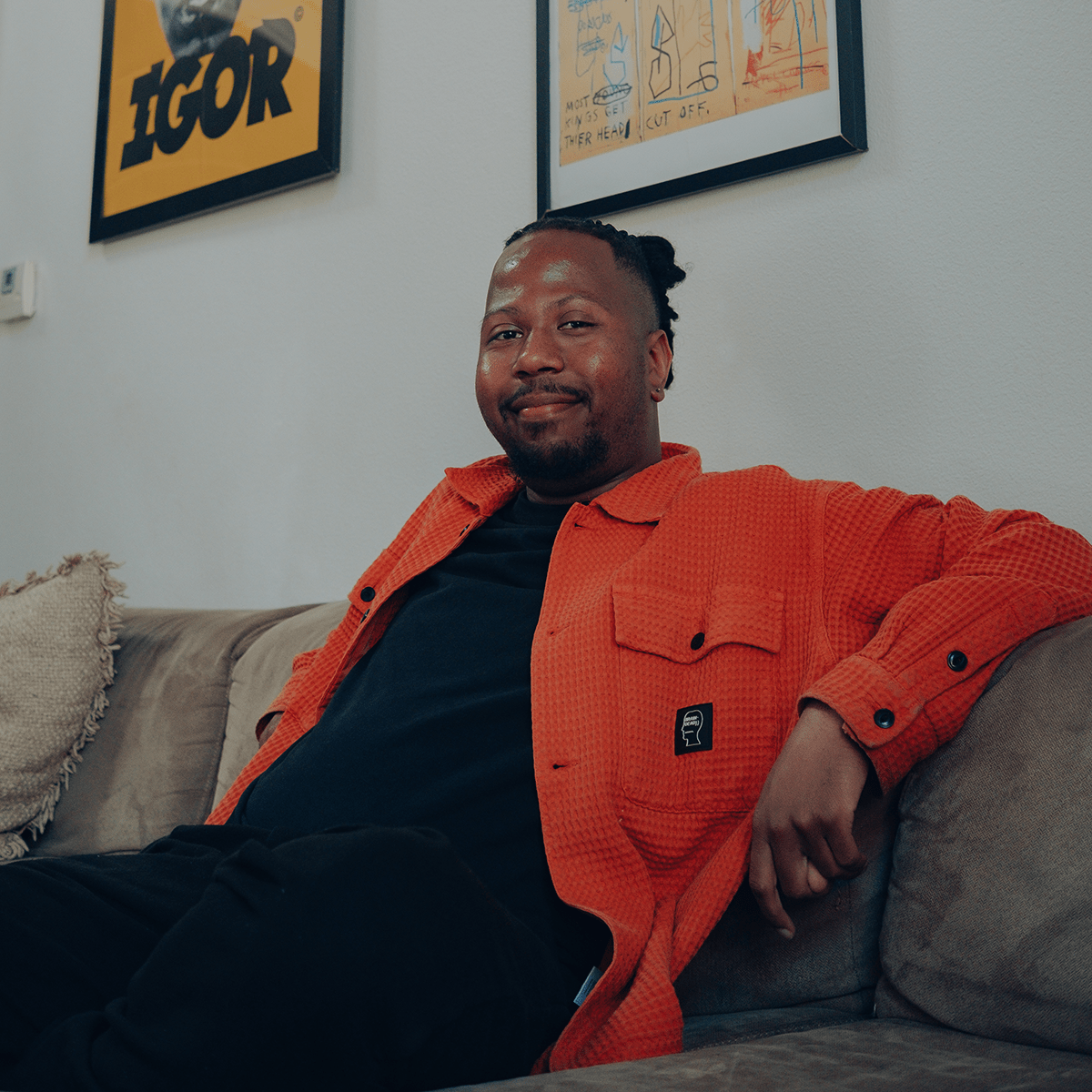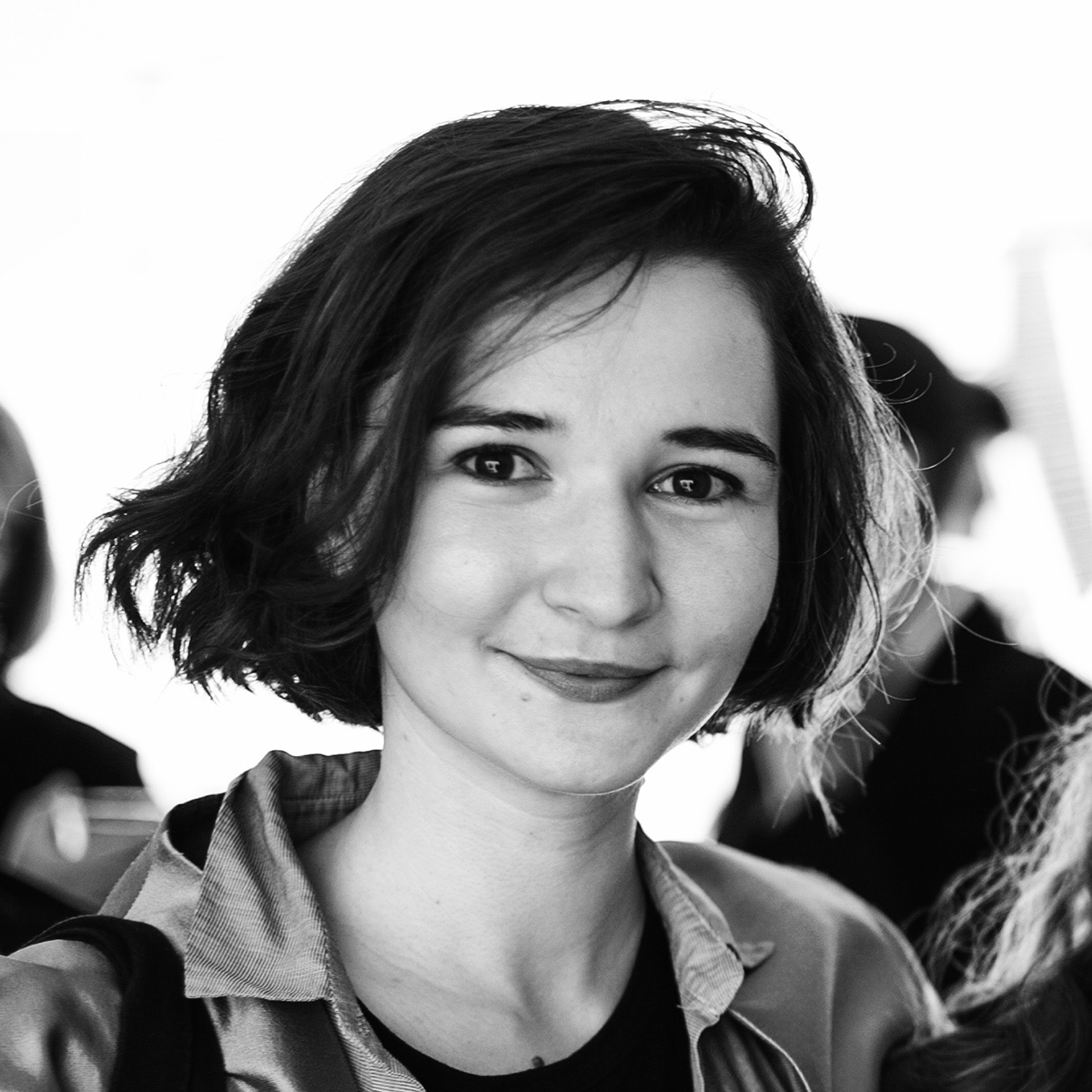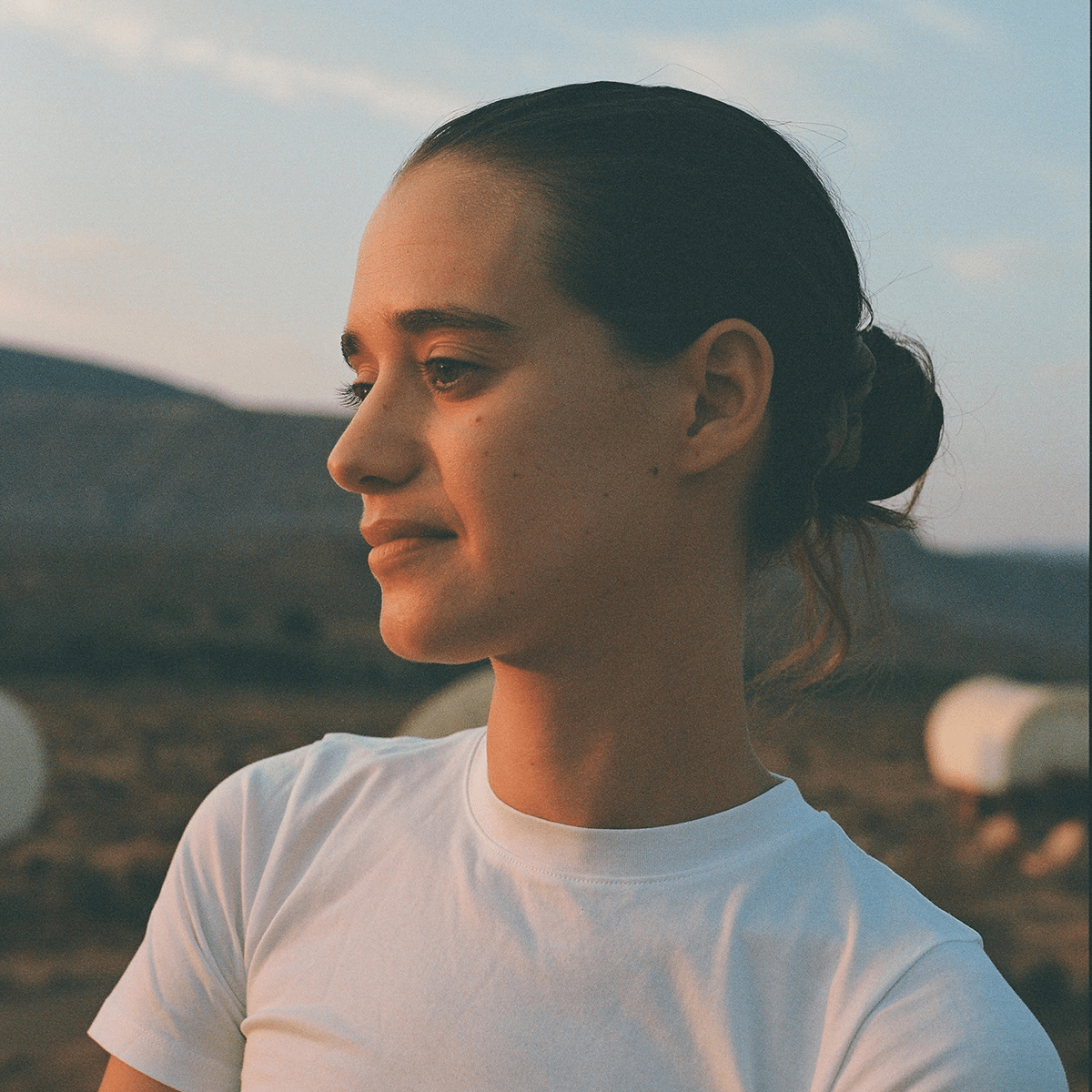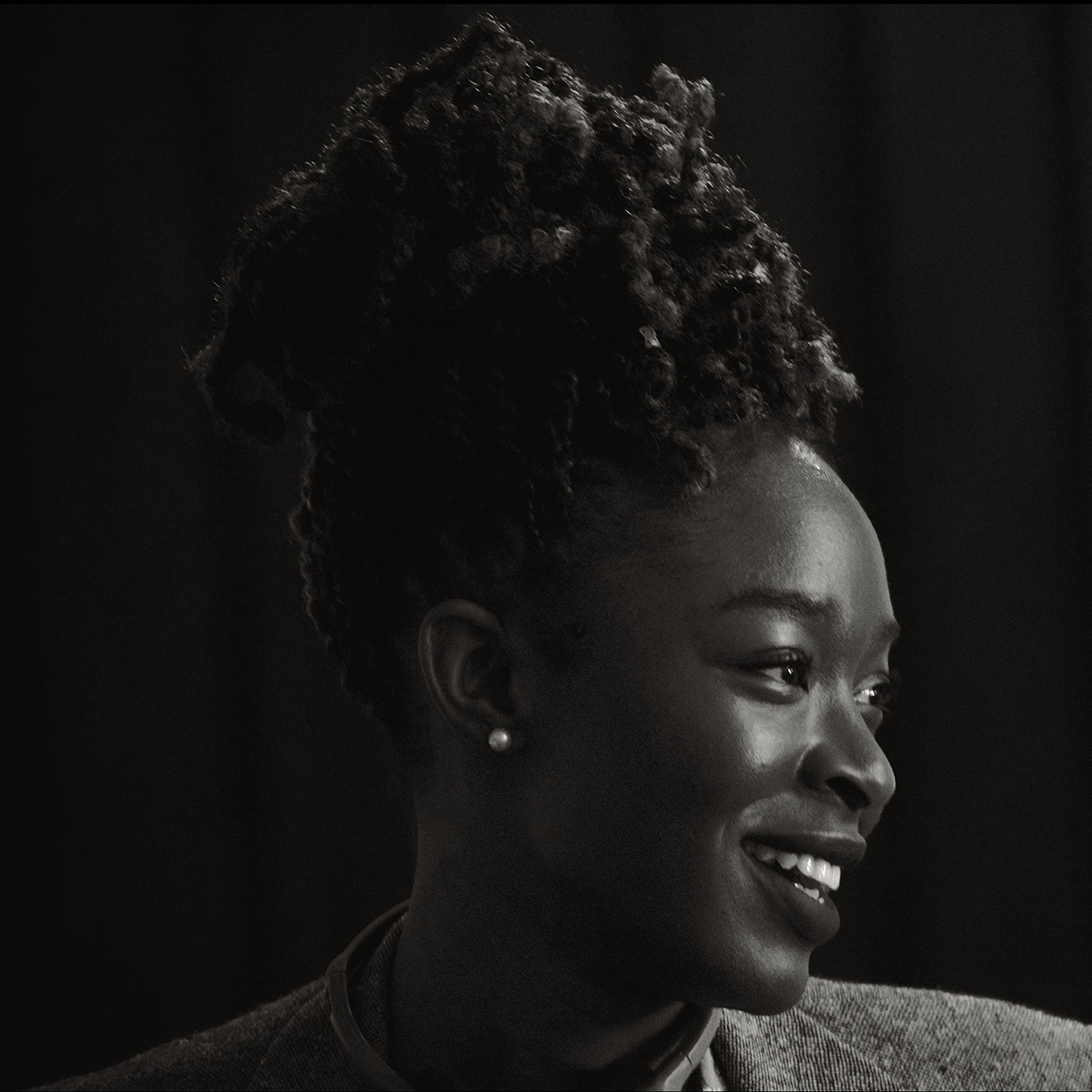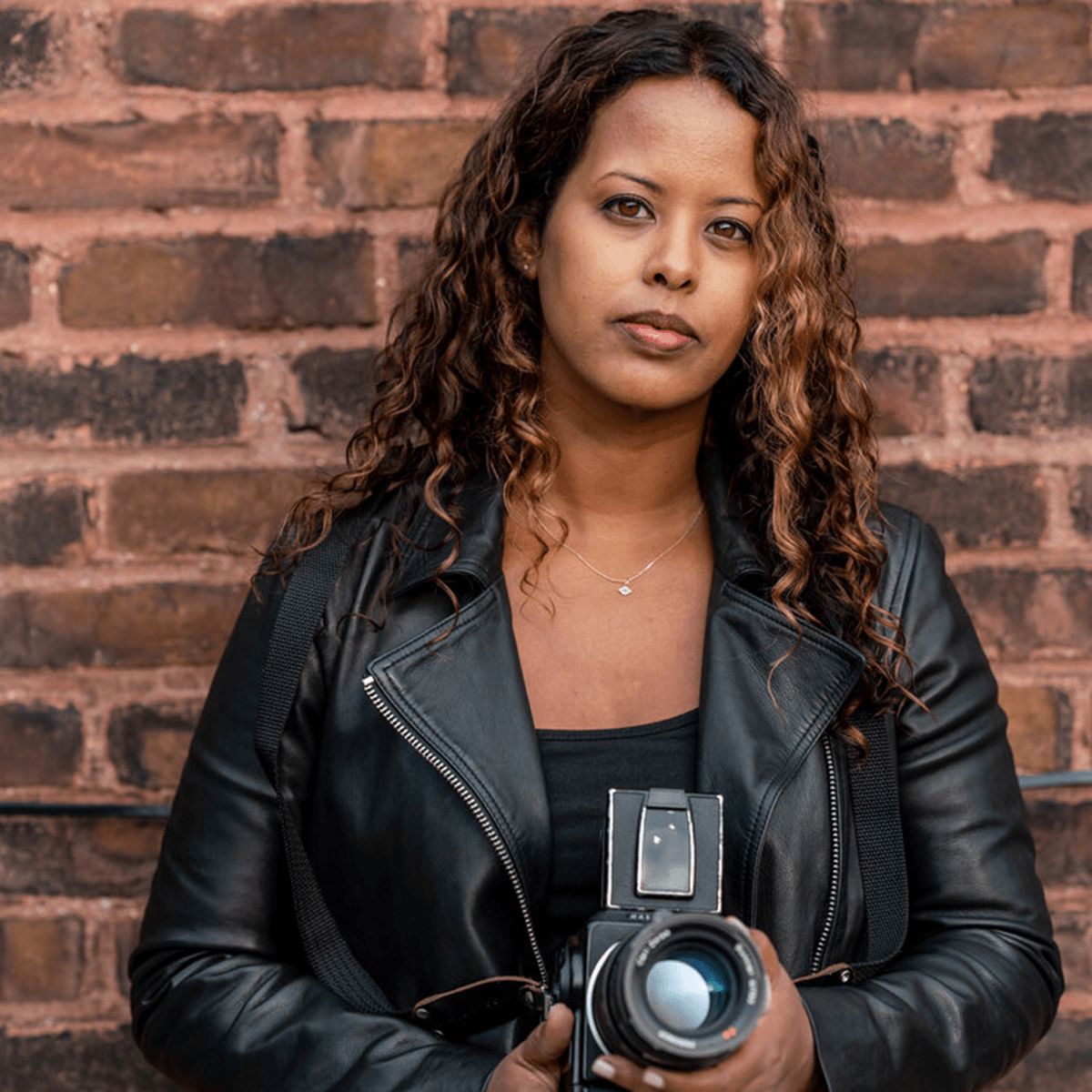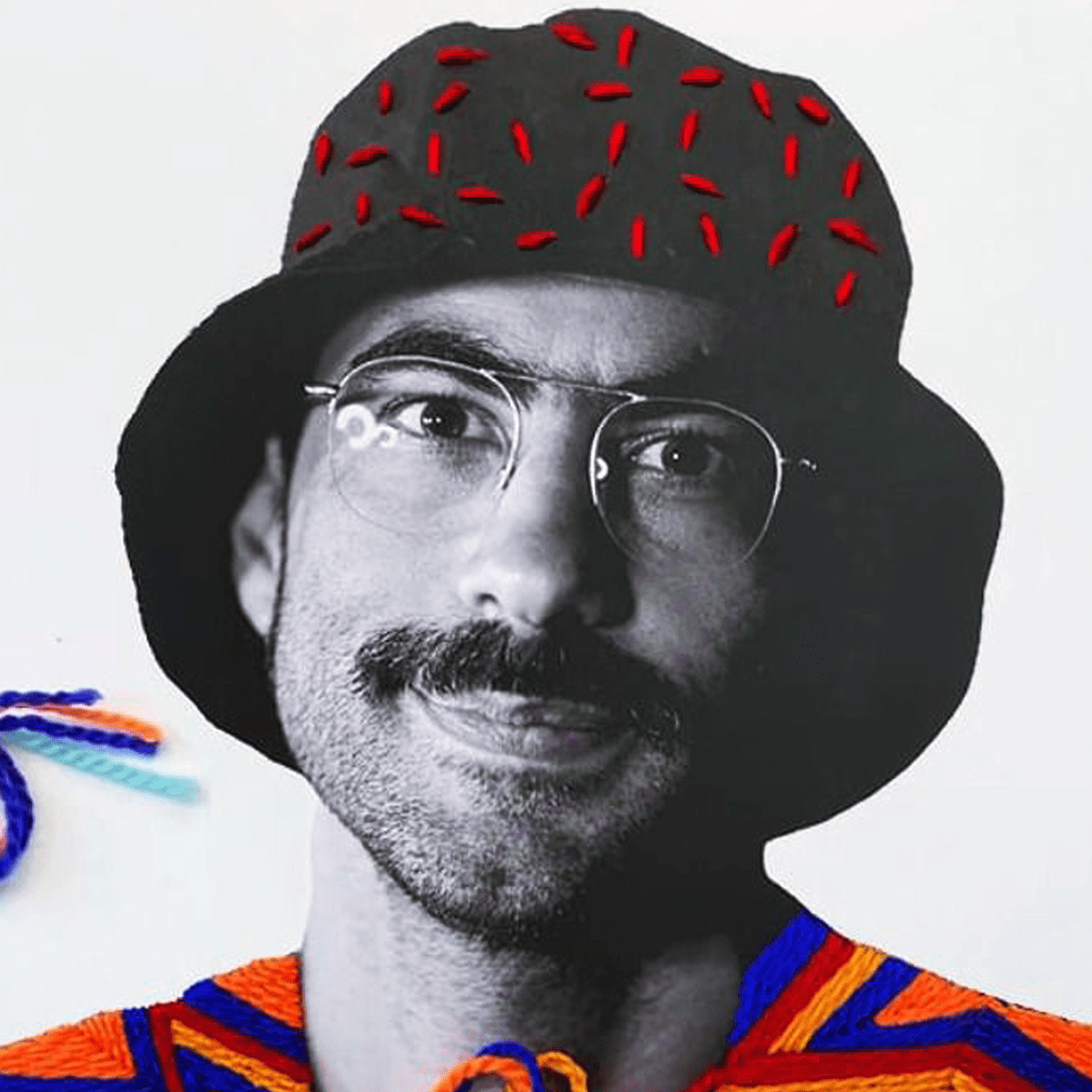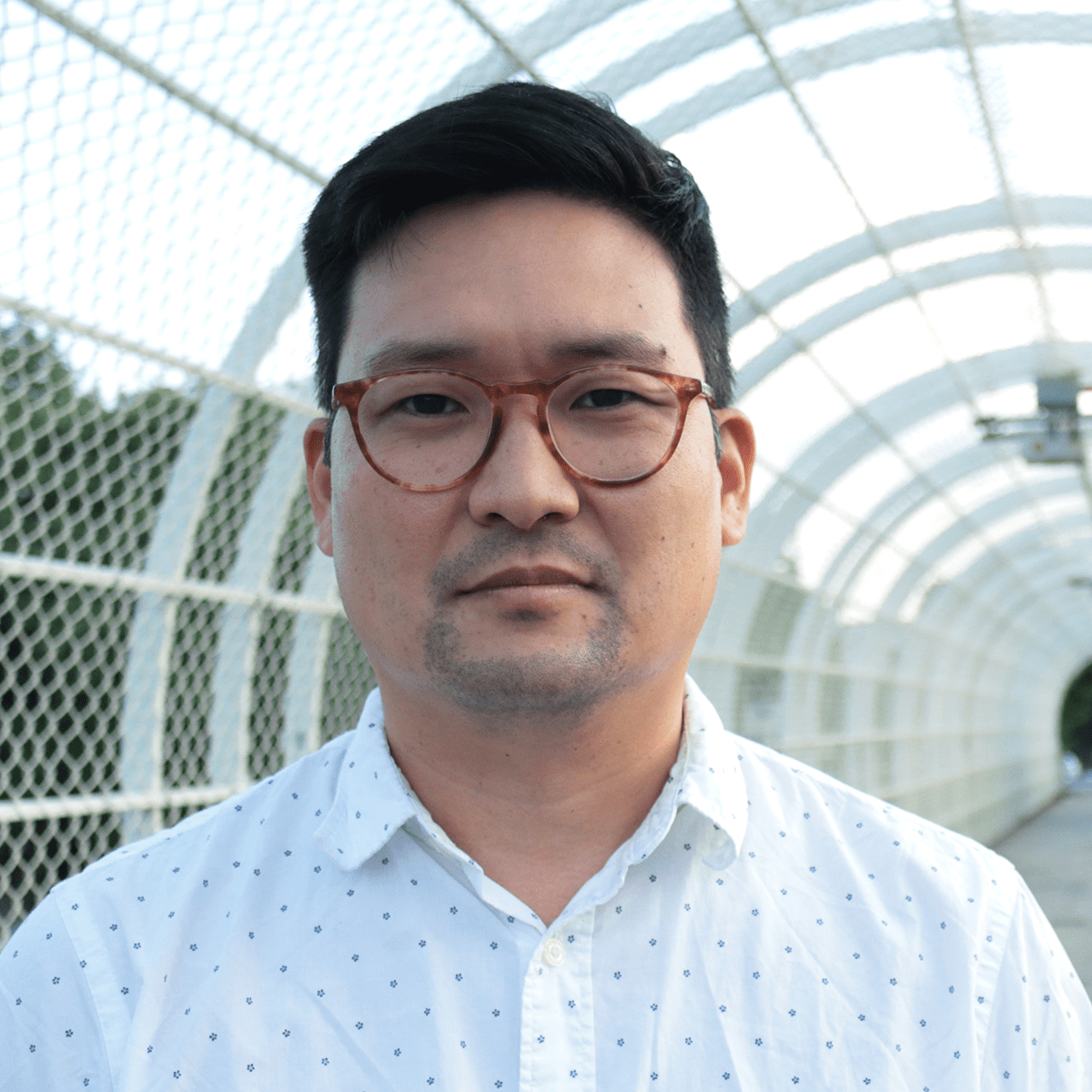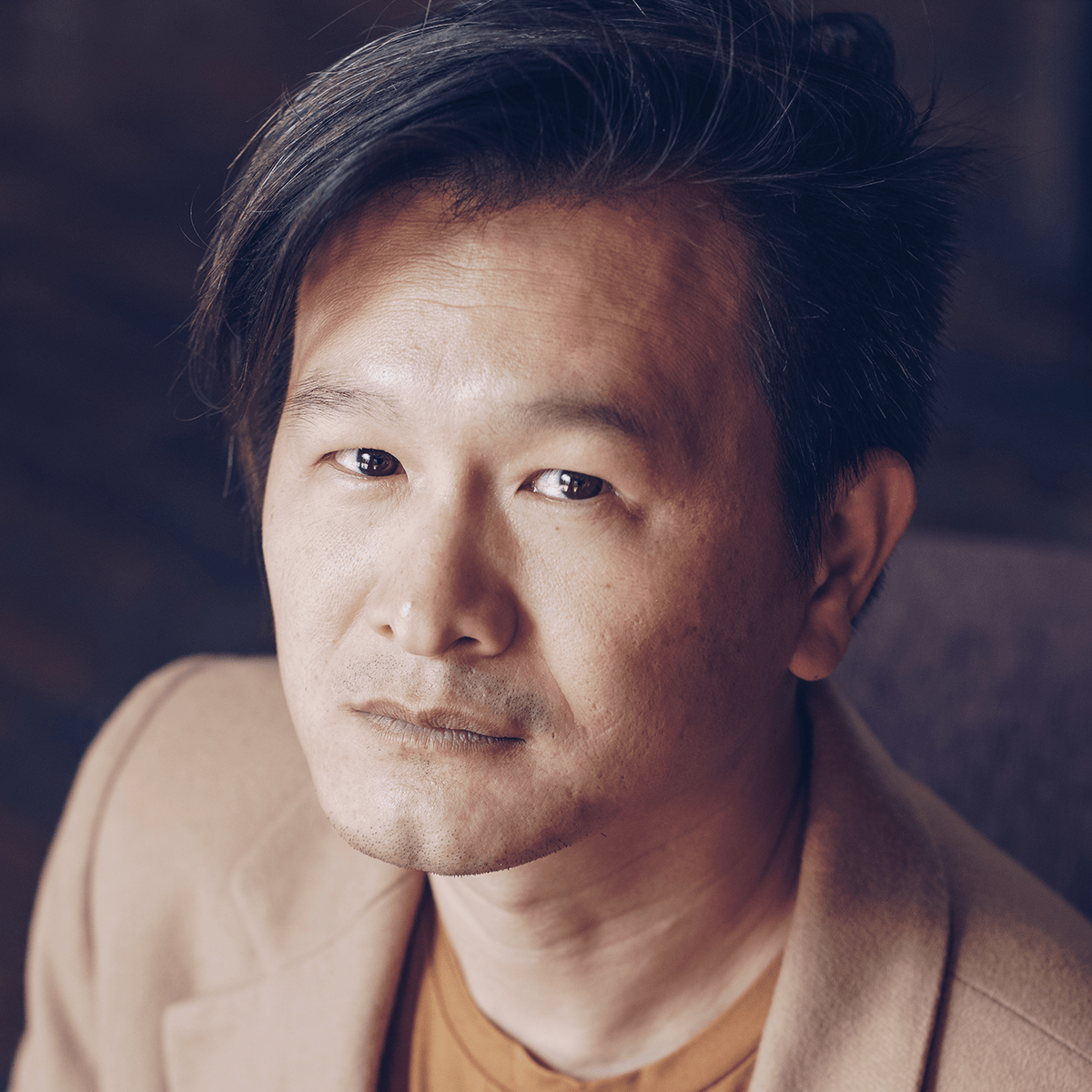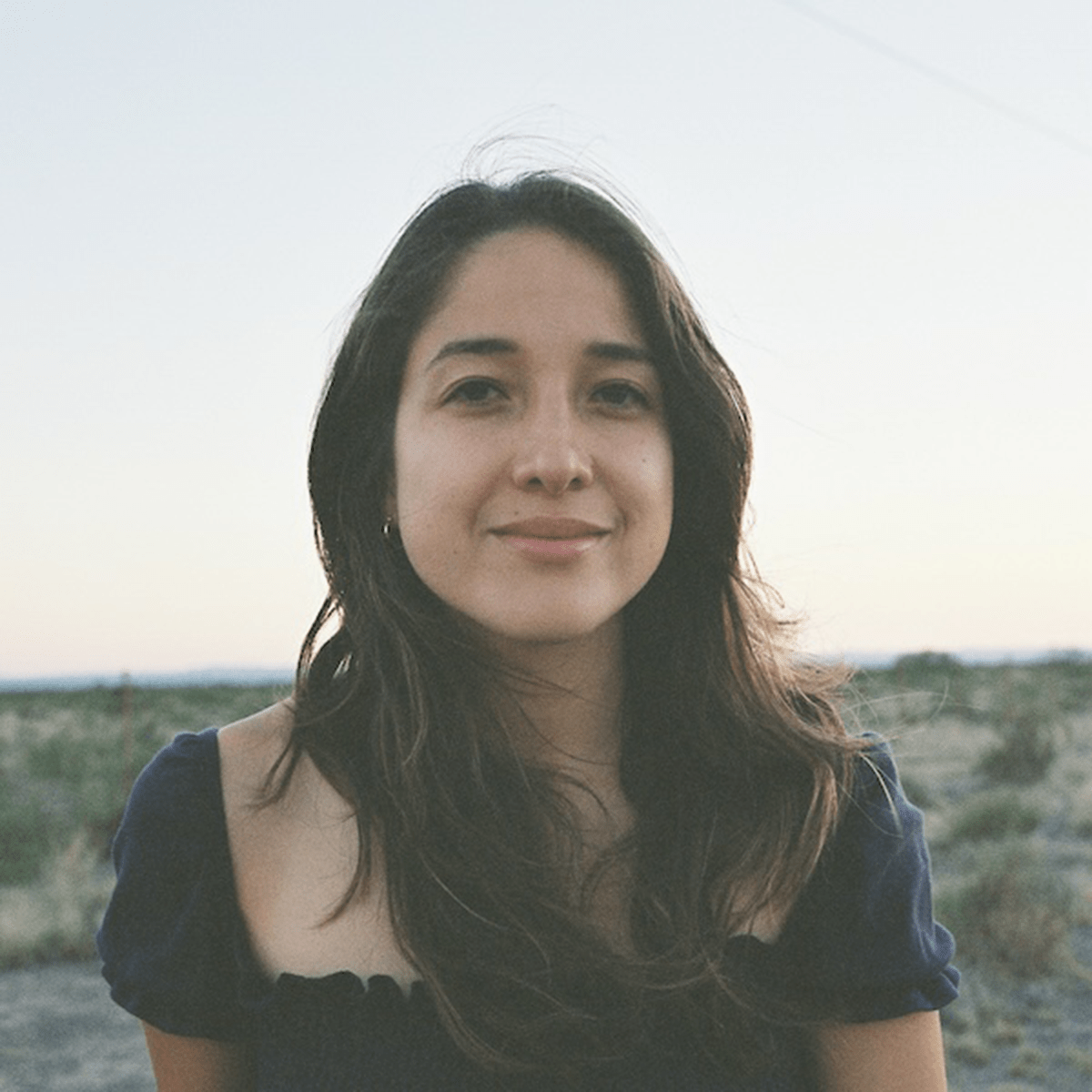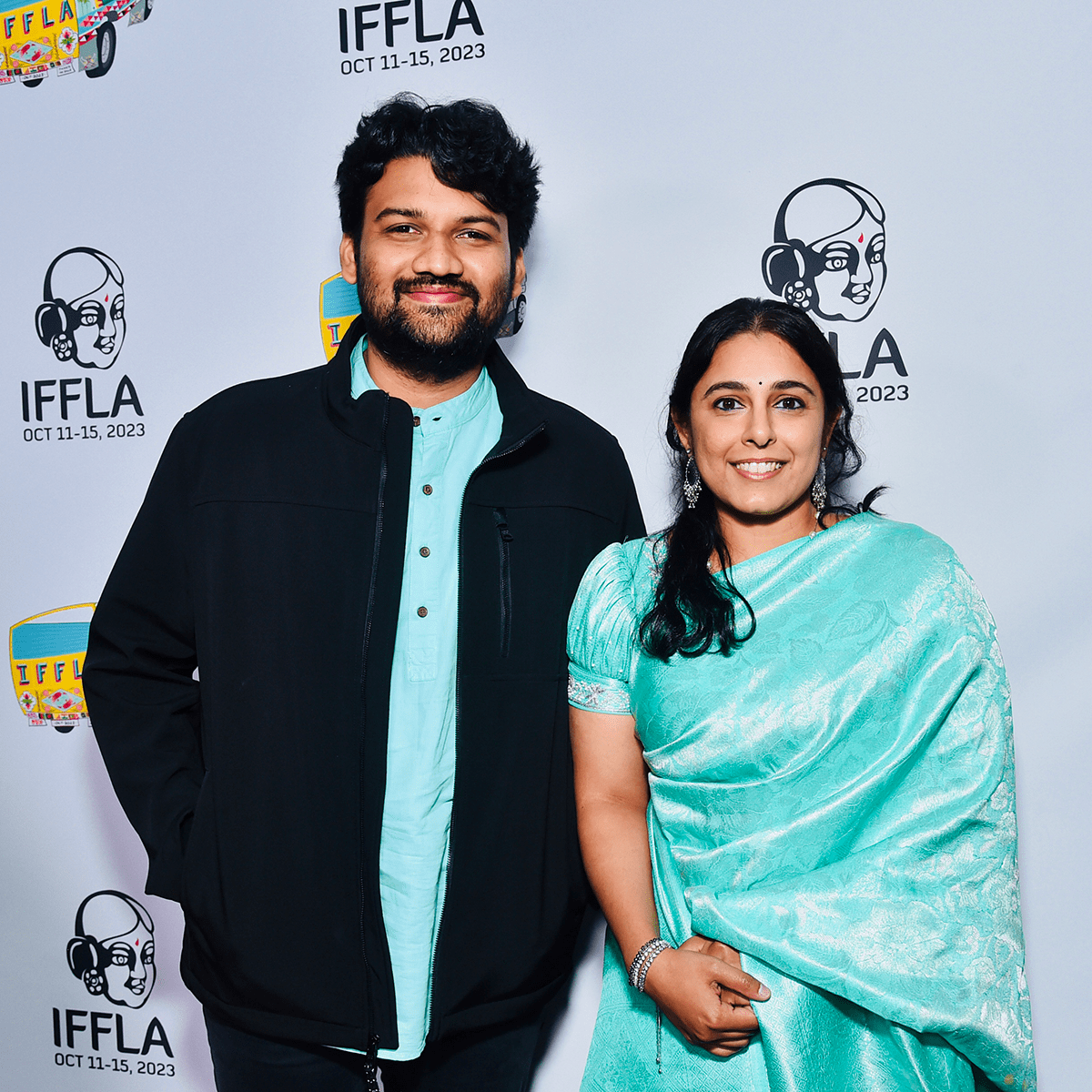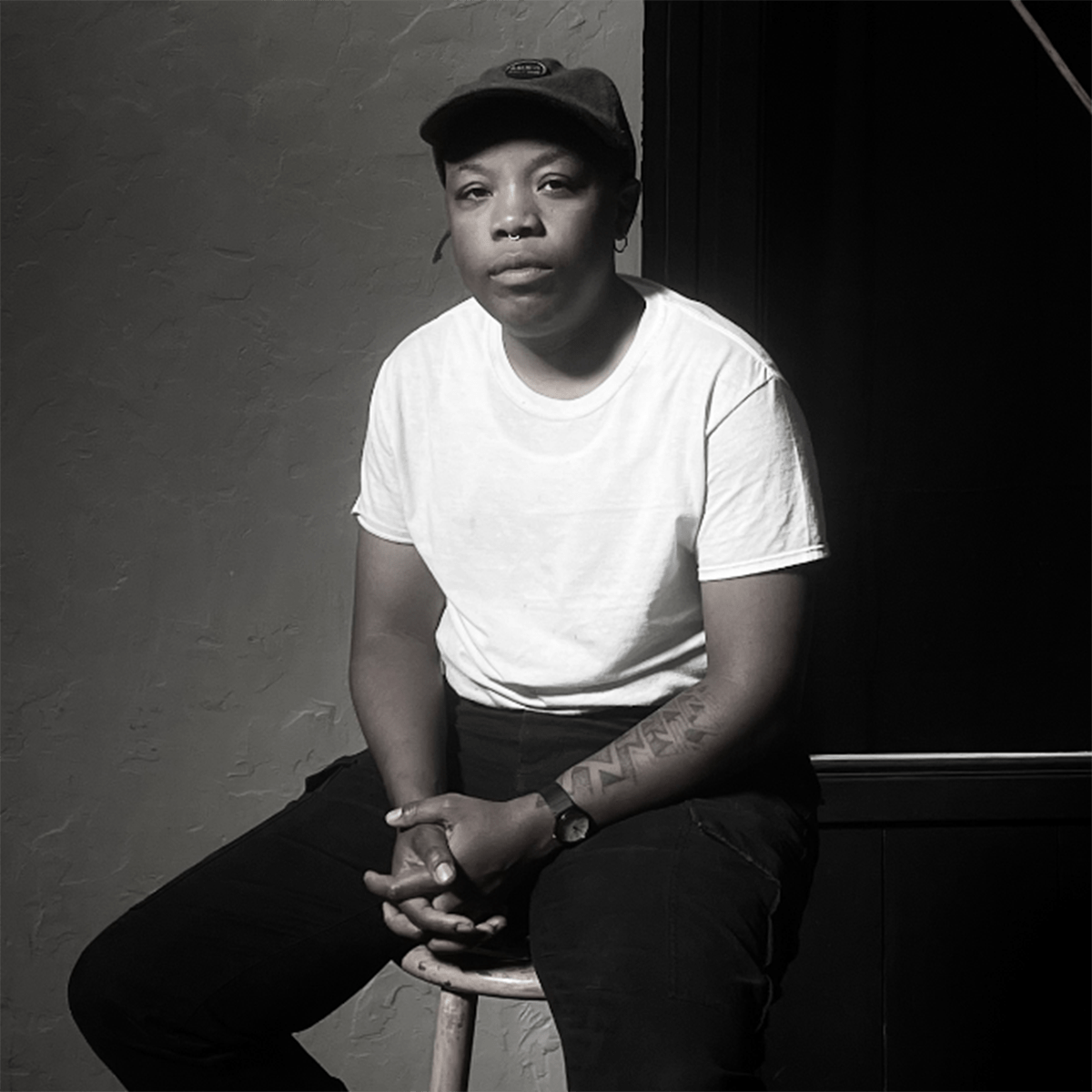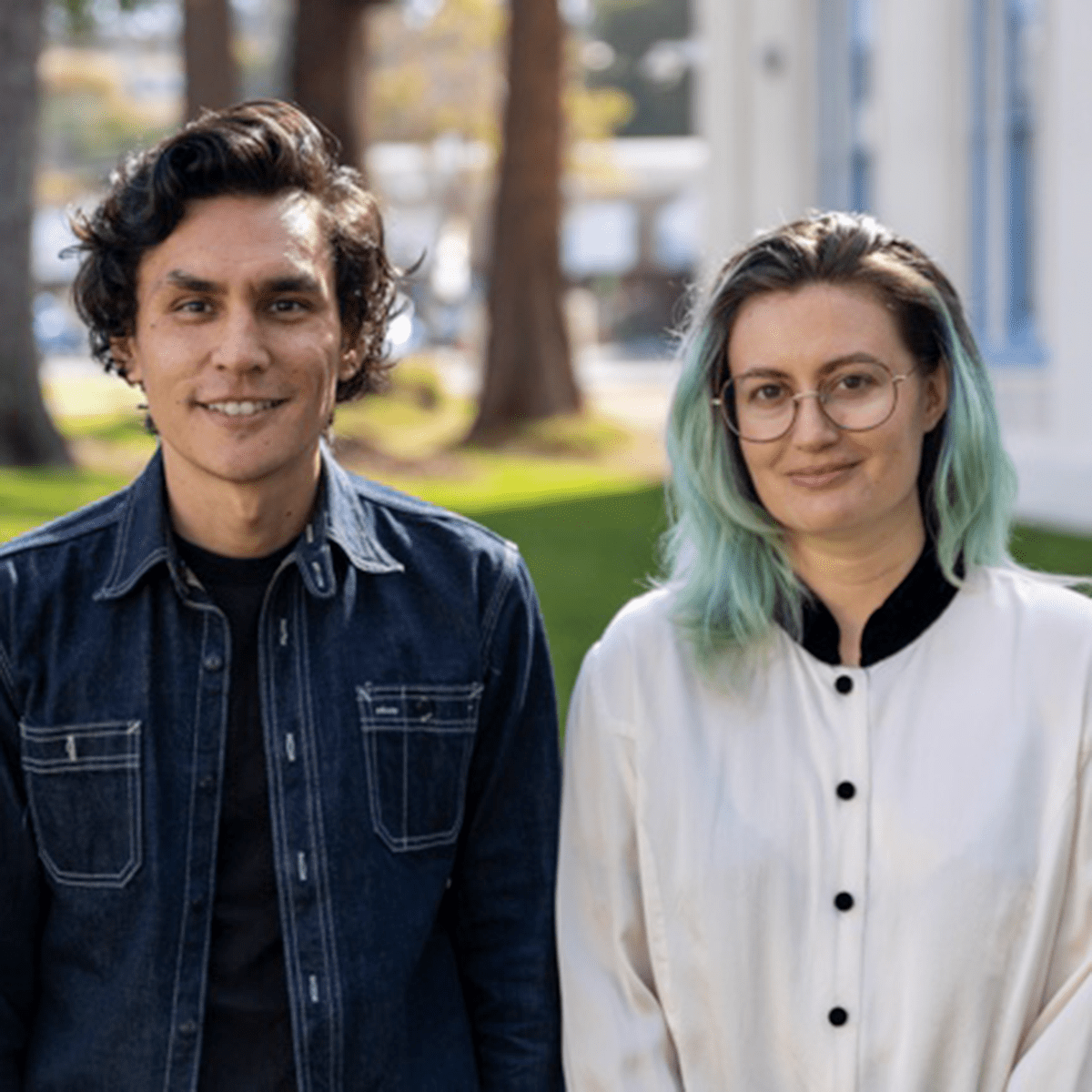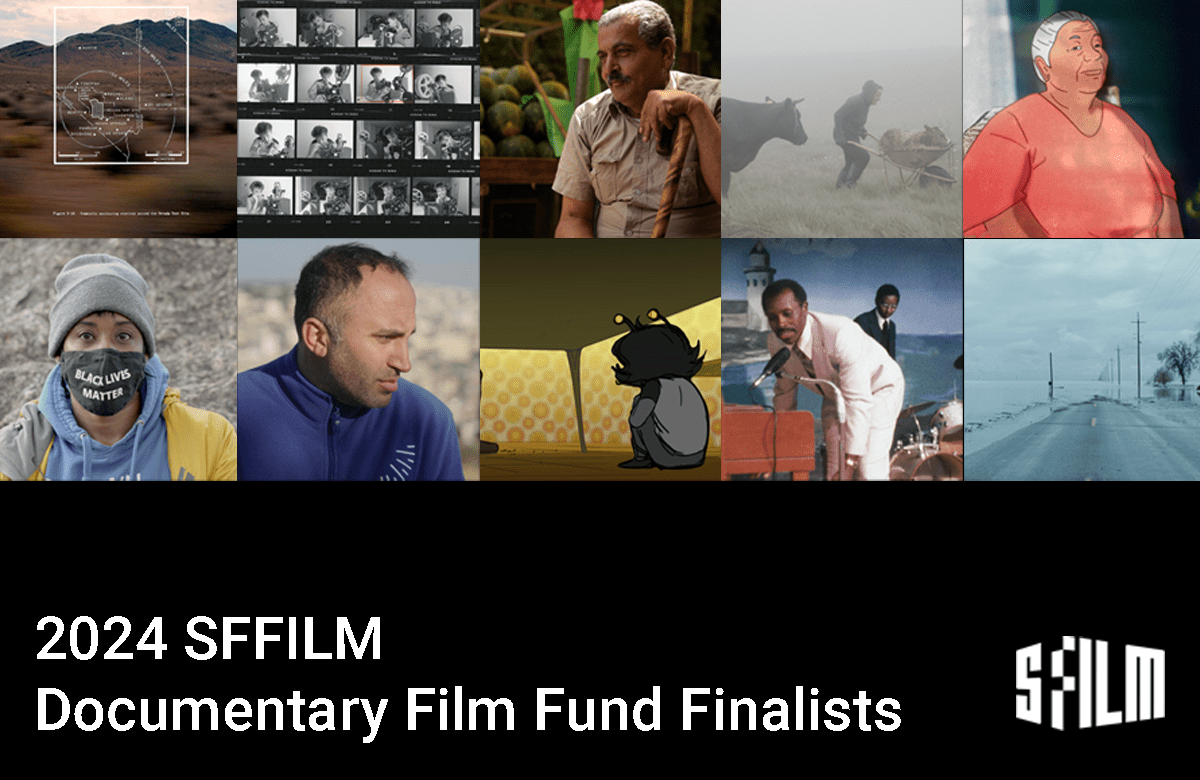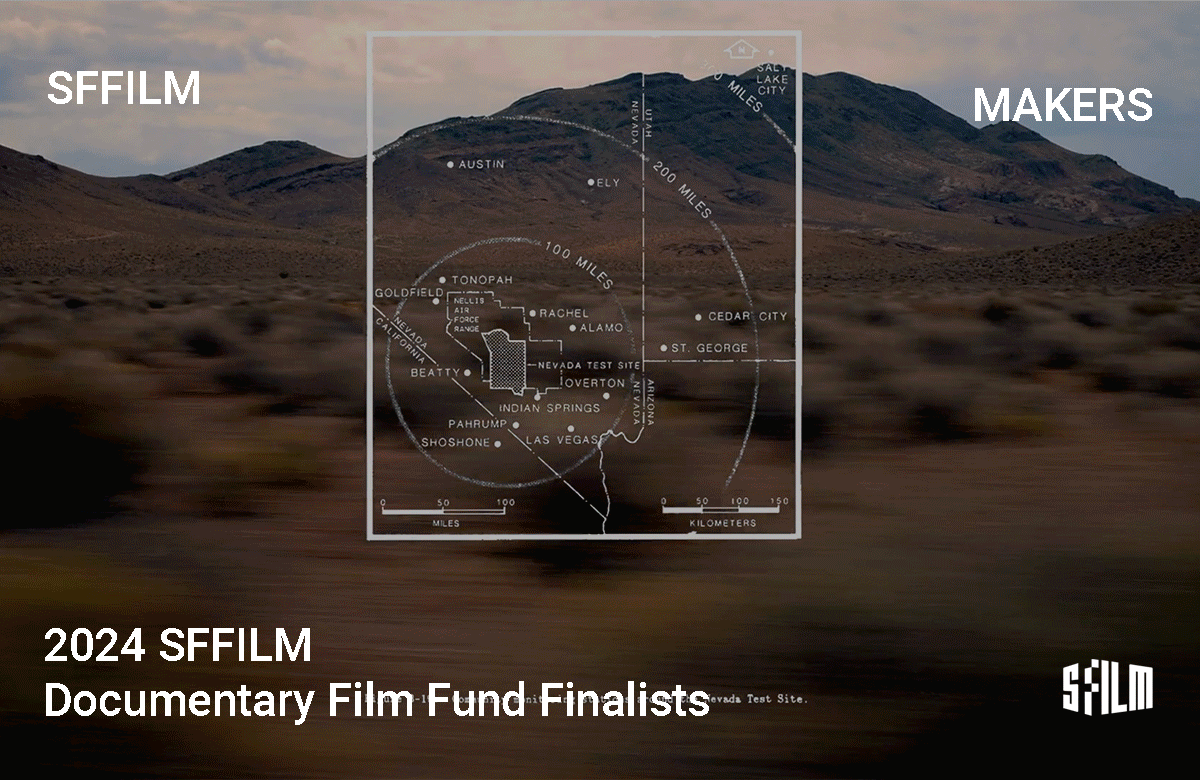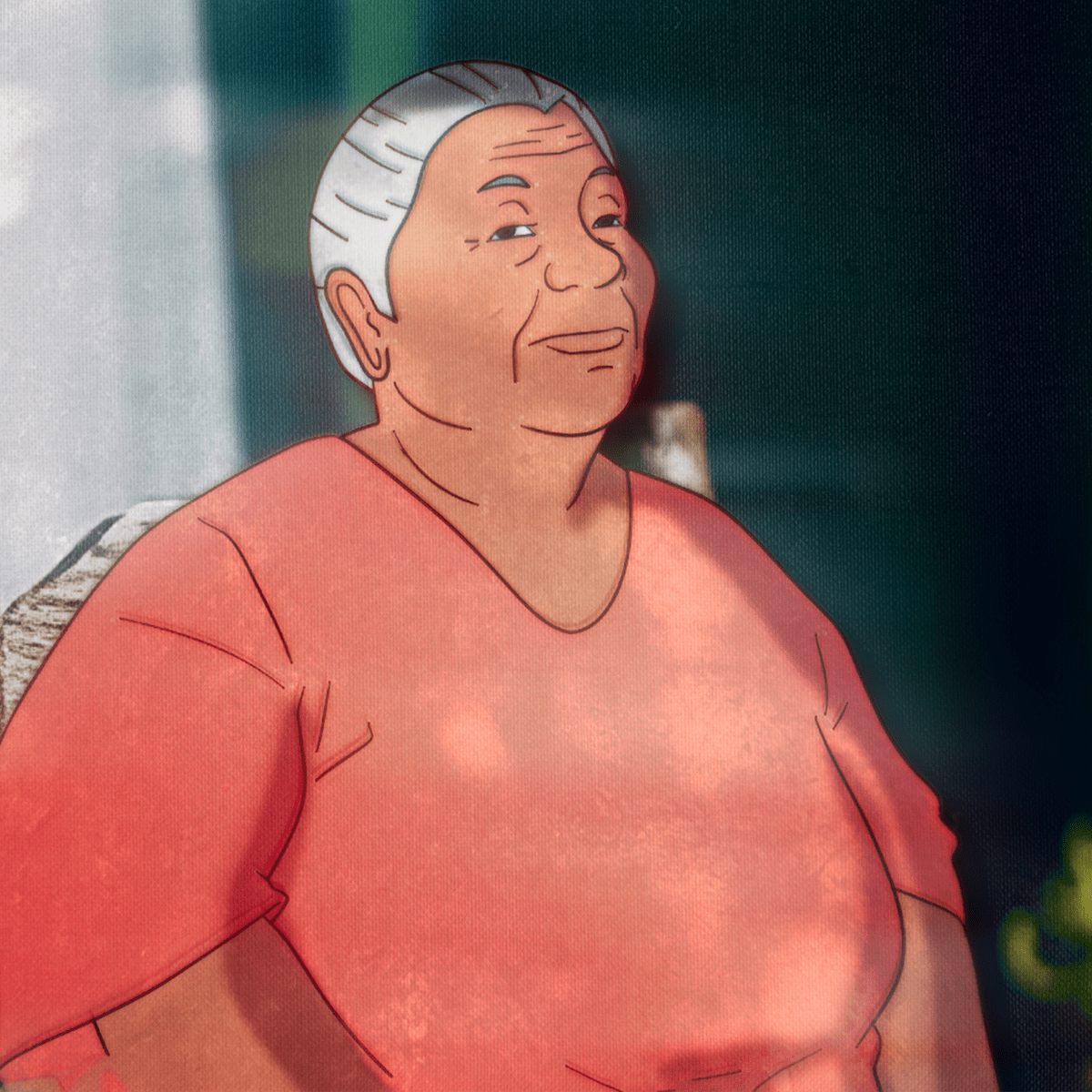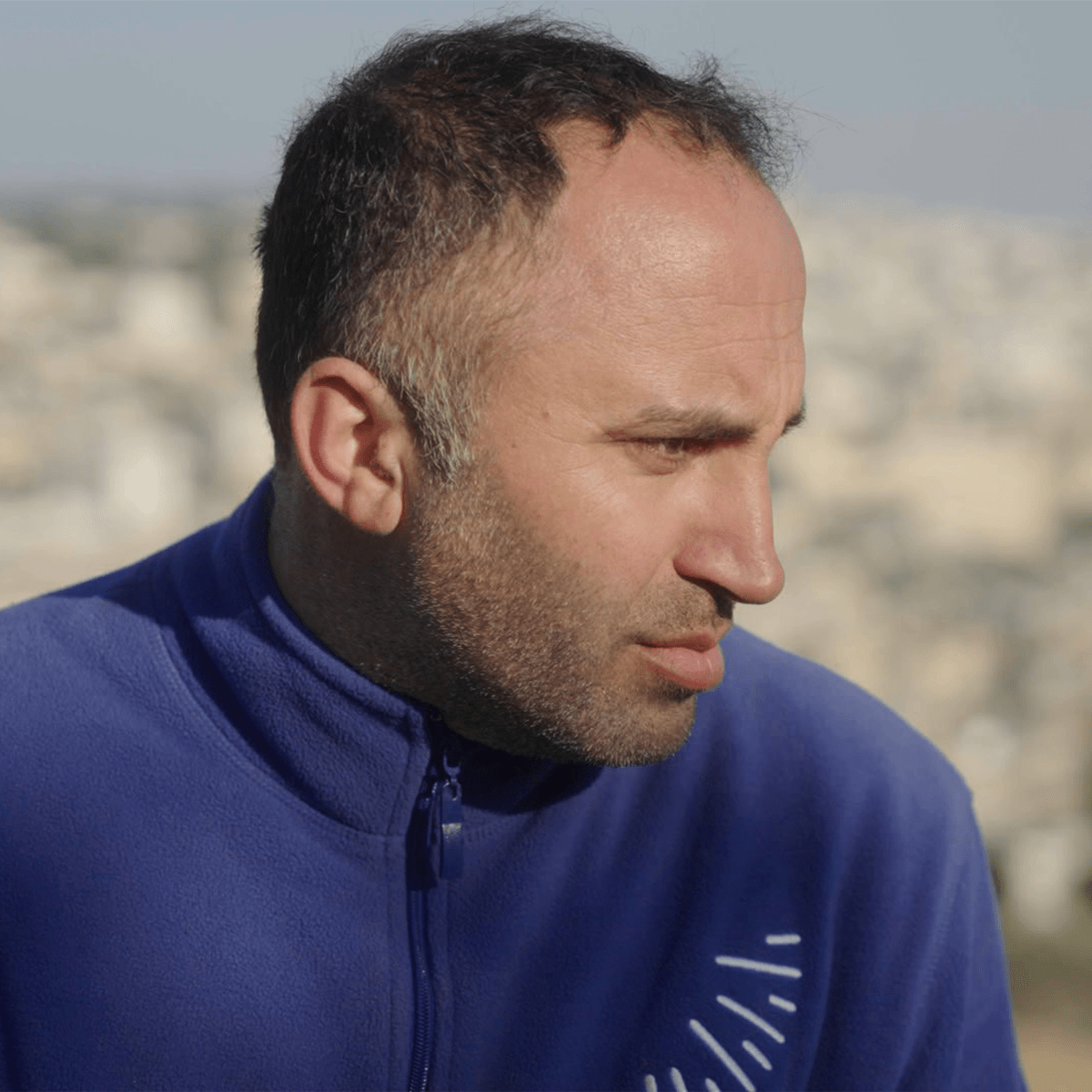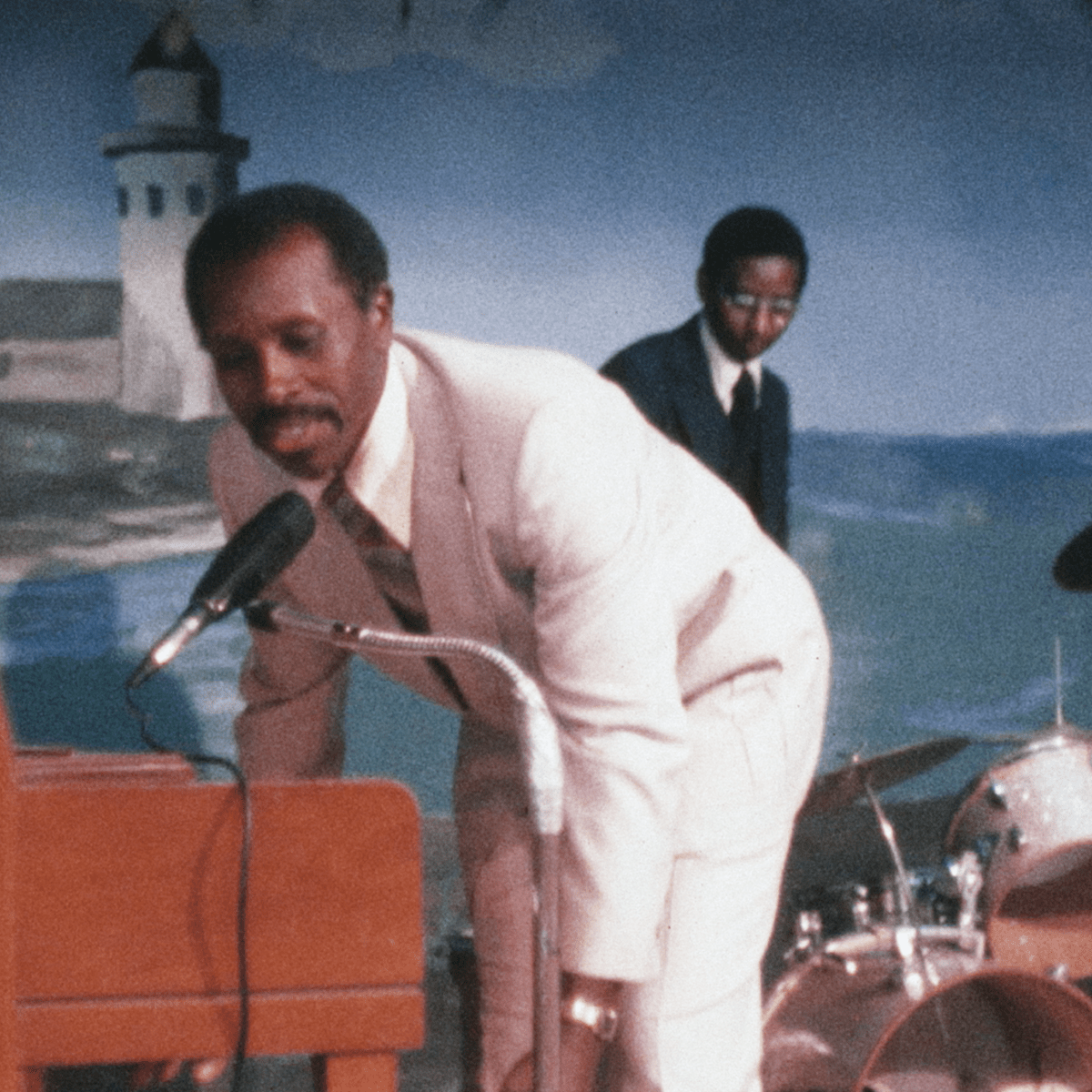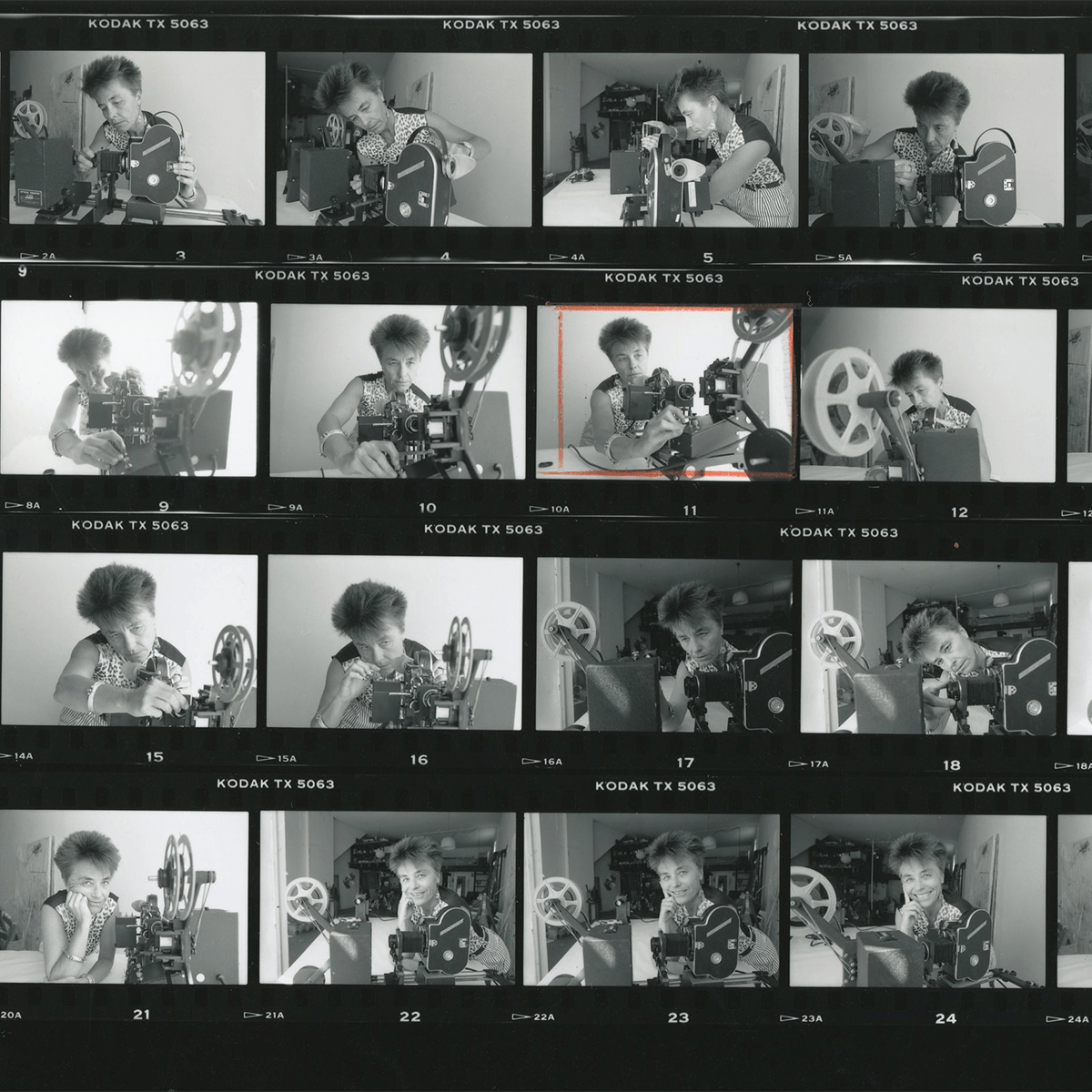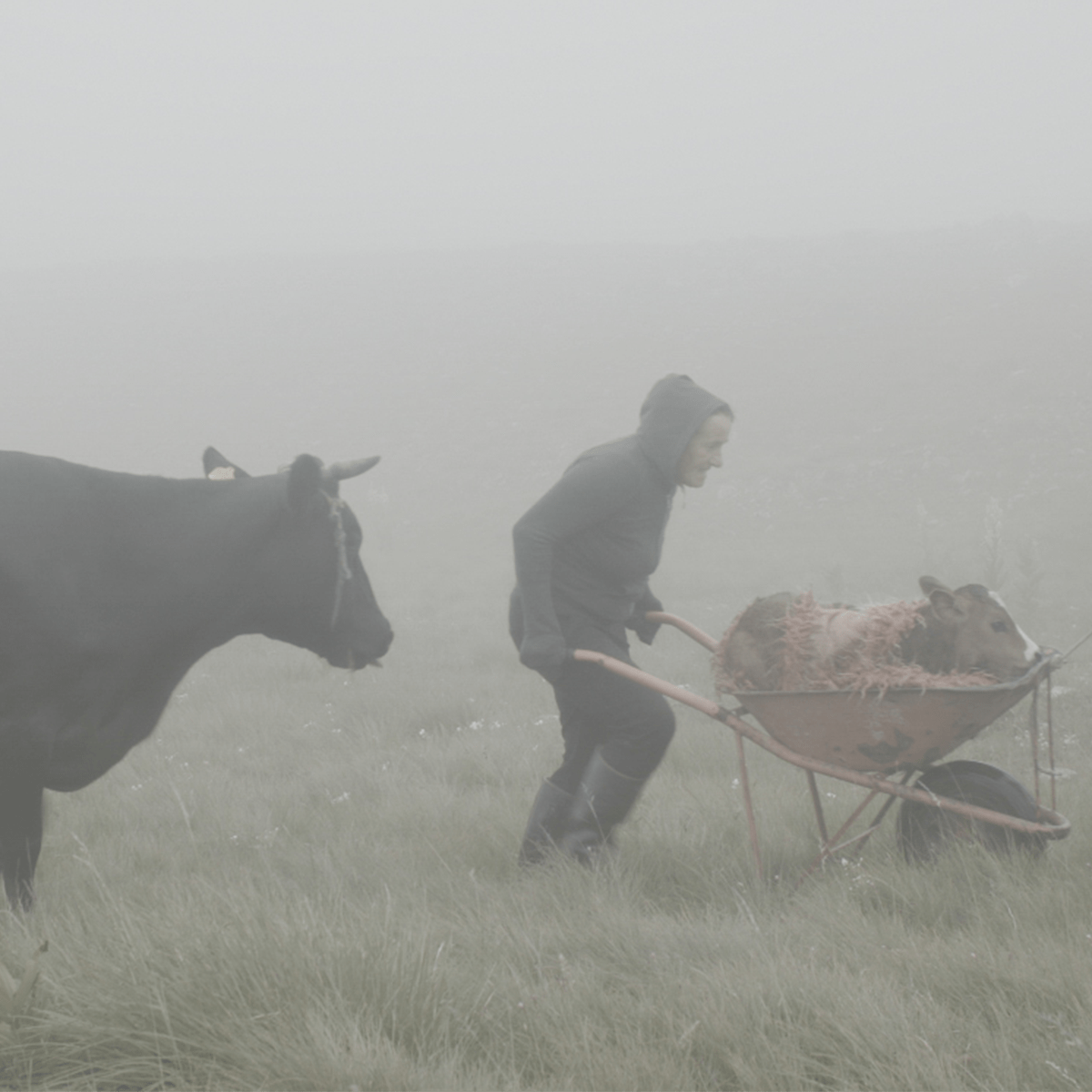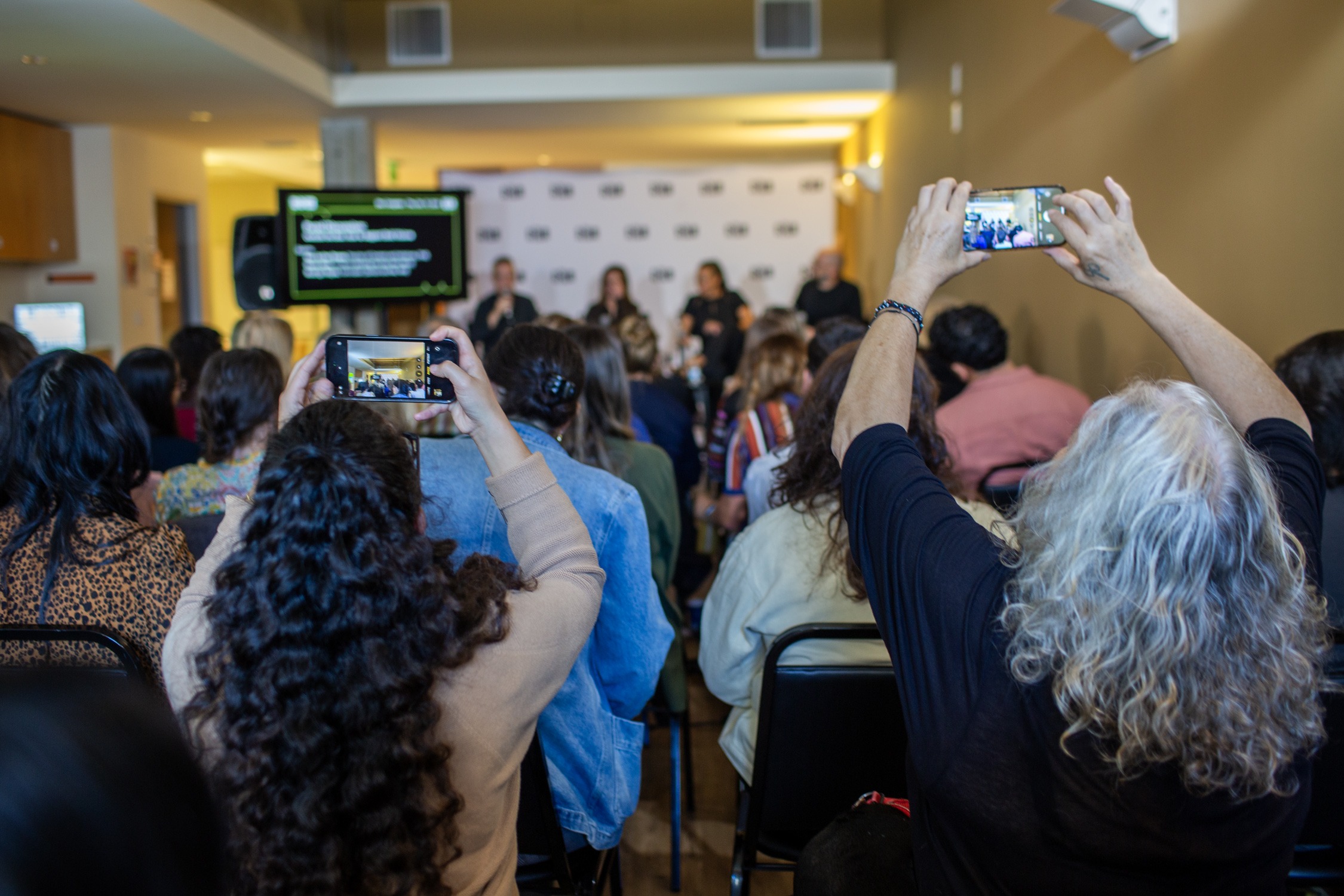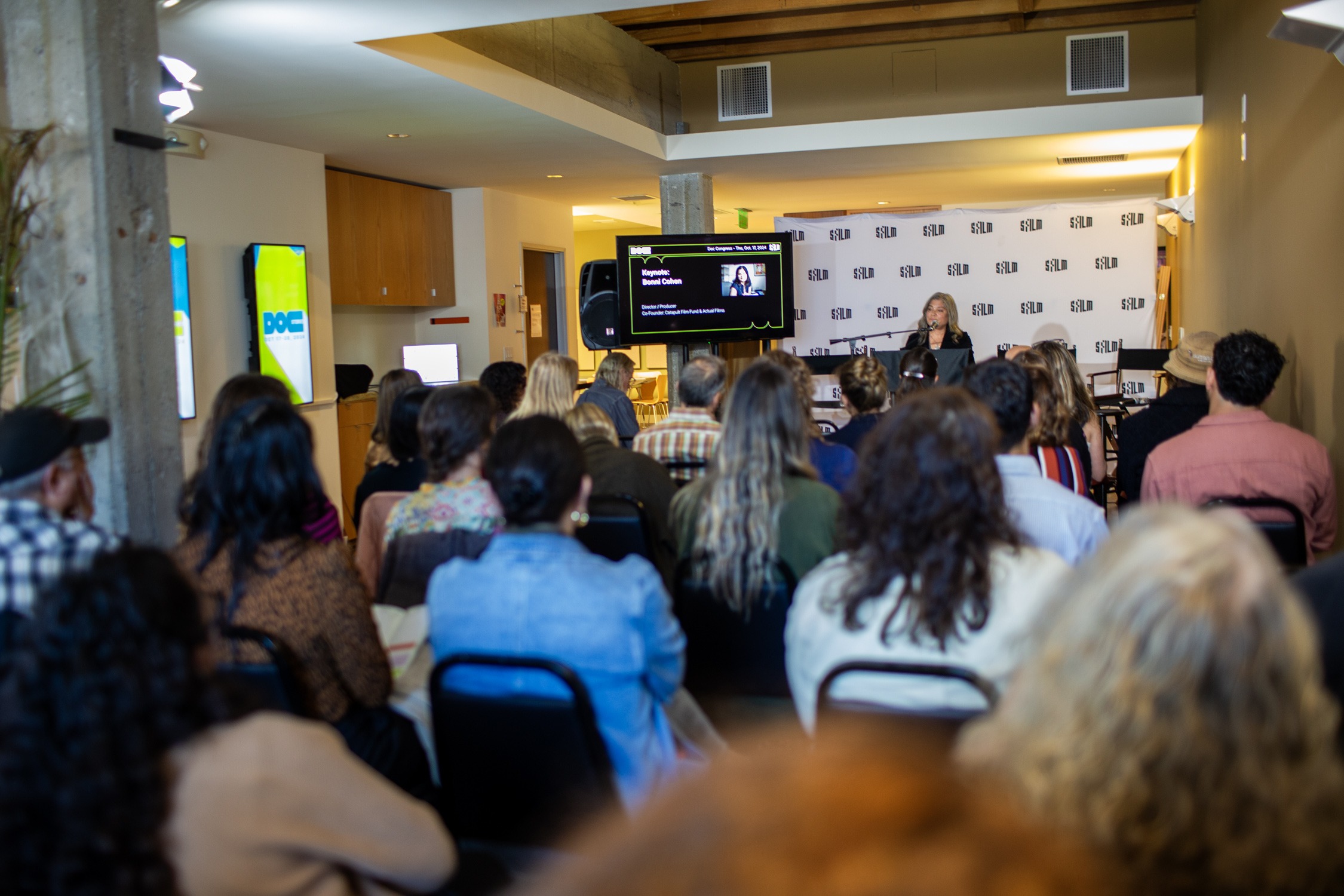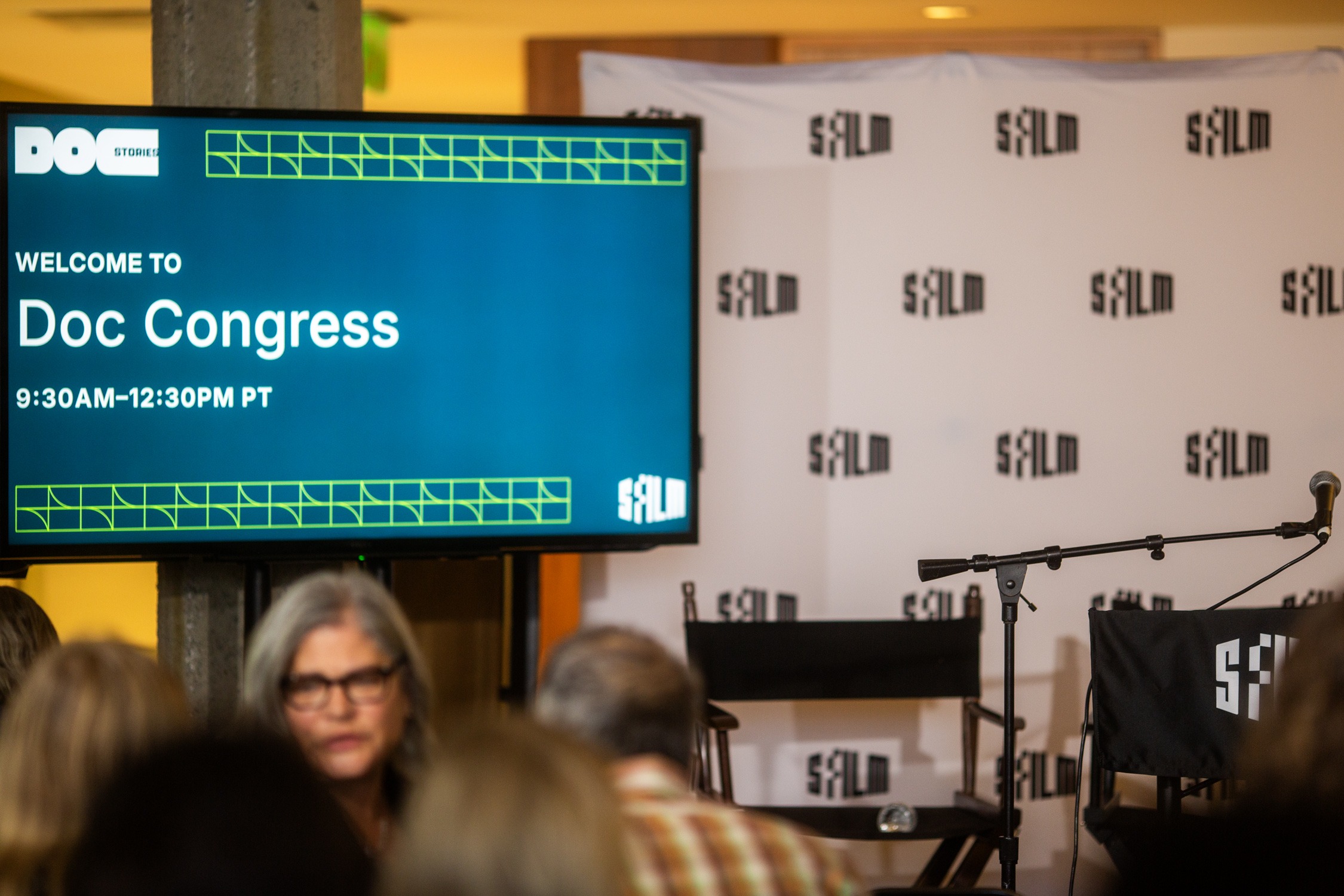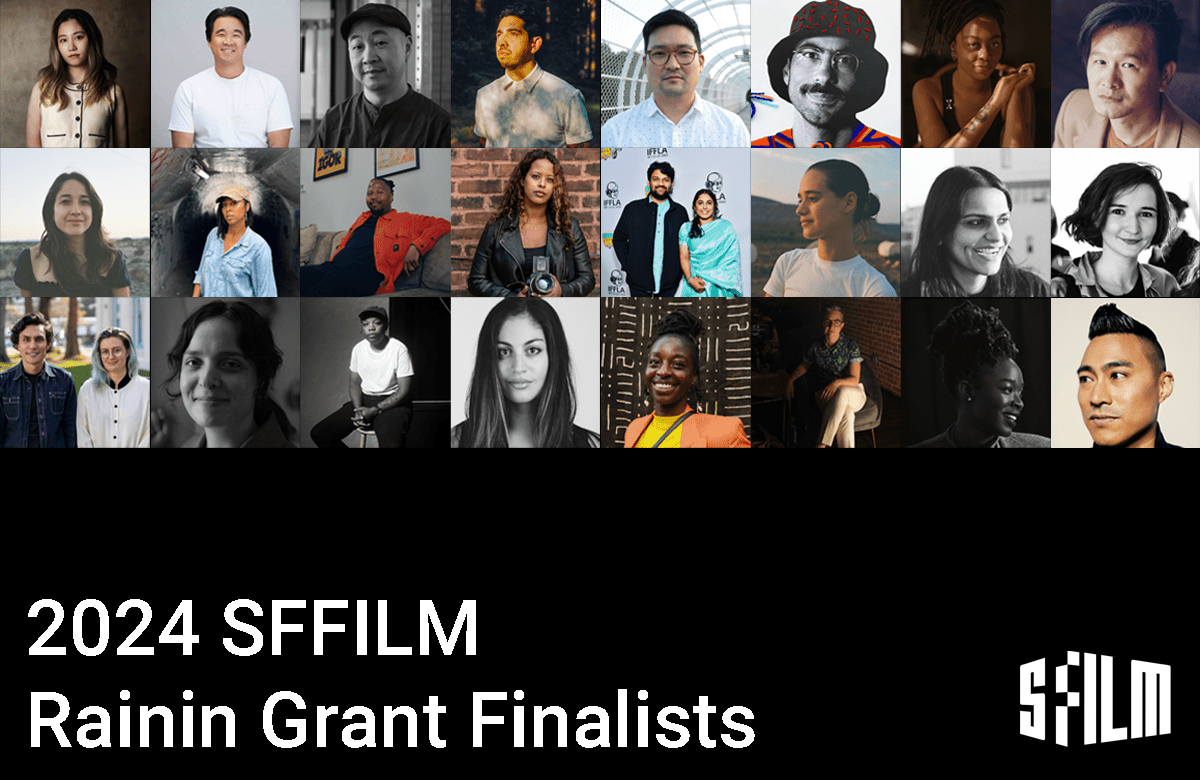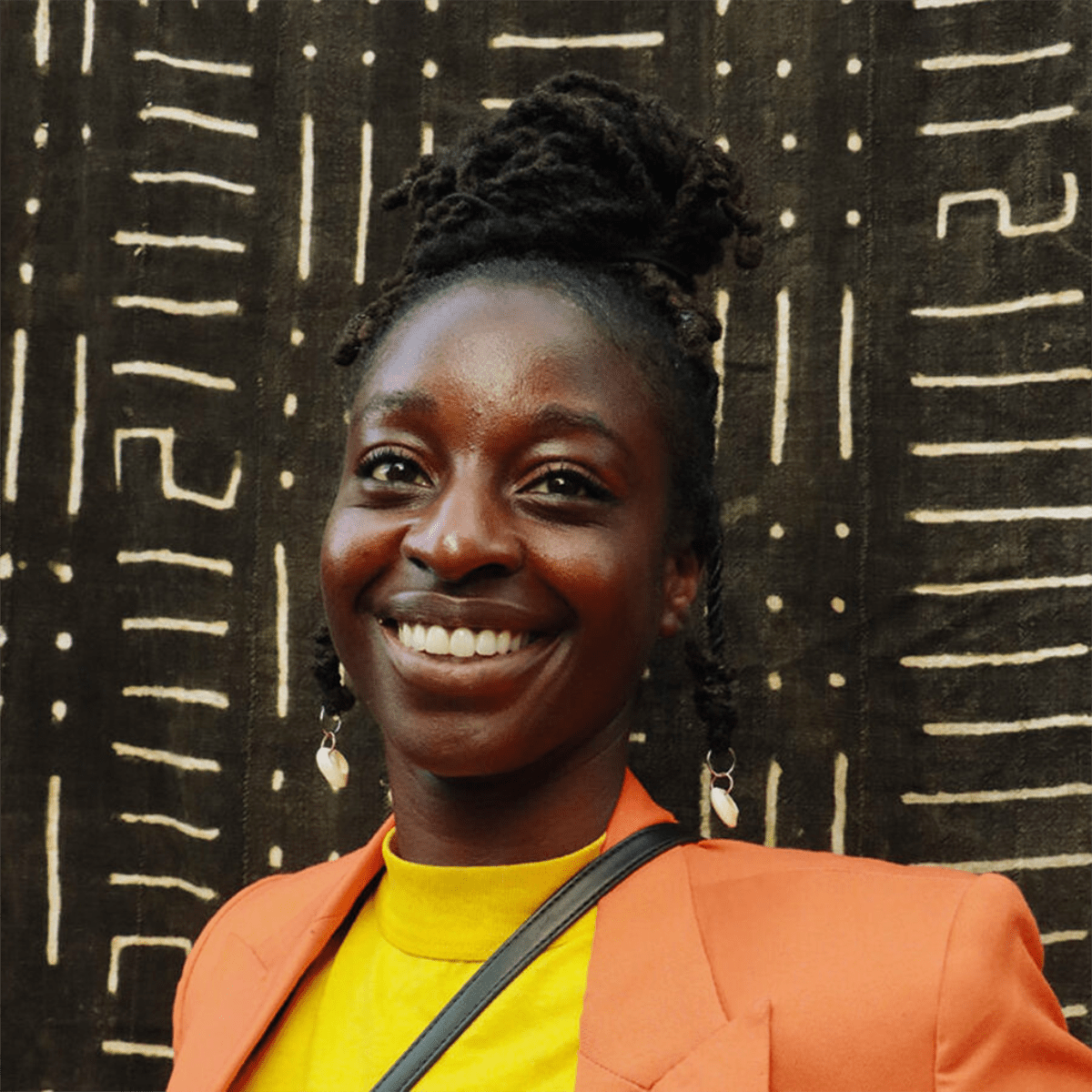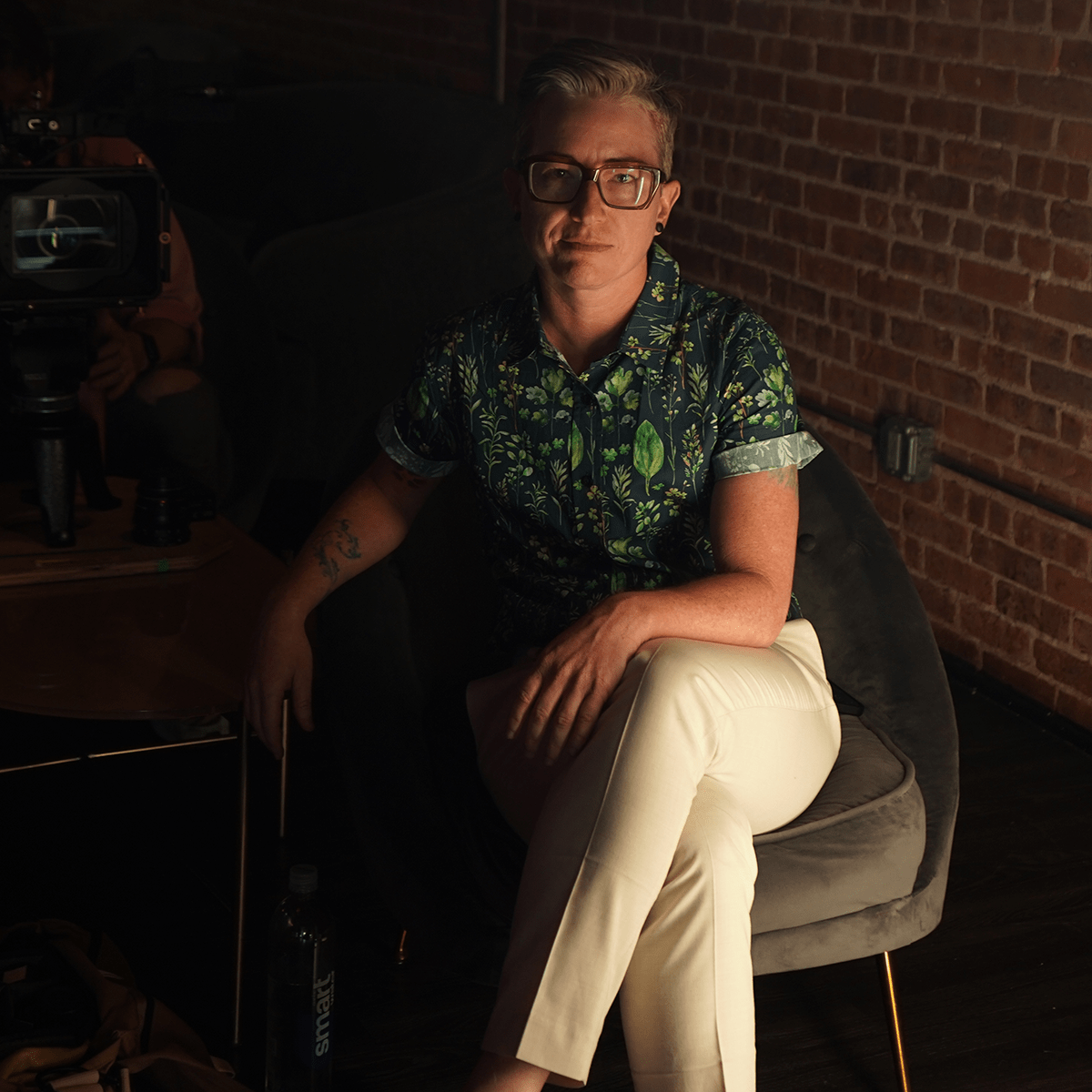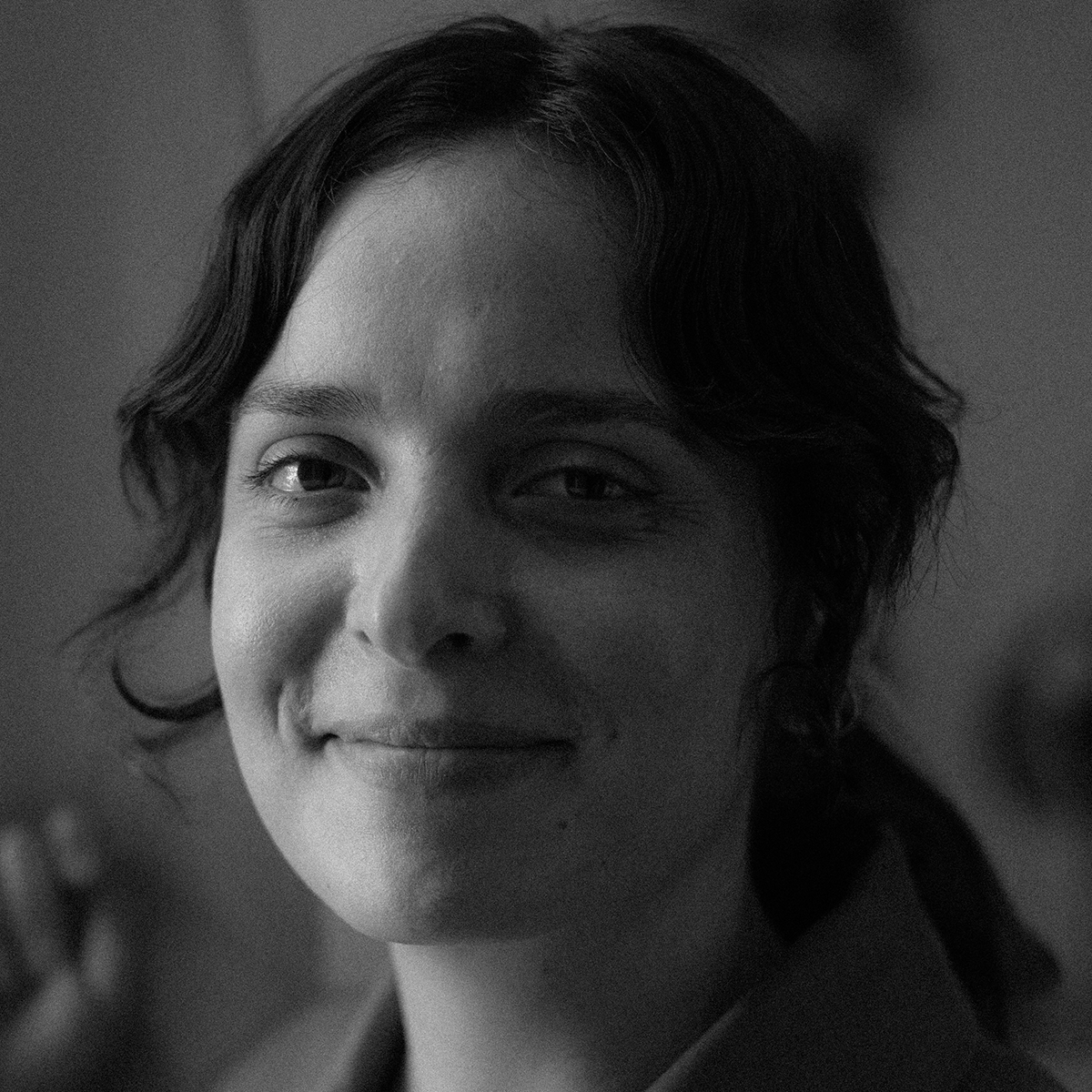Since its launch in 2011, the SFFILM Documentary Film Fund (DFF) has supported feature-length documentaries in post-production that are distinguished by compelling stories, intriguing characters, and an innovative visual approach. DFF has distributed nearly $1 million to advance new work by filmmakers worldwide, many of whom go on to premiere at festivals like Sundance, our own San Francisco International Film Festival, Tribeca and more, as well as collect dozens of nominations and awards including the Oscars.
Previous DFF winners include Sarvnik Kaur’s Against the Tide, winner of the Sundance 2023 Vérité Filmmaking Prize; Alejandra Vasquez and Sam Osborne’s Going Varsity in Mariachi, winner of the Sundance 2023 Jonathan Oppenheim Editing Award; Rintu Thomas and Sushmit Ghosh’s Writing With Fire, which won Audience and Special Jury Awards at the 2021 Sundance Film Festival; Ljubo Stefanov and Tamara Kotevska’s Honeyland, which won a record number of juried awards at the 2019 Sundance Film Festival and was nominated for Academy Awards for both Best Documentary Feature and Best Foreign Language Film; RaMell Ross’ Hale County This Morning, This Evening, which won a Special Jury Prize at Sundance 2018 and was nominated for the 2019 Academy Award for Best Documentary Feature, and many others.
“We’ve seen the number of Documentary Film Fund submissions continue to increase and along with it, more and more high quality films. Needless to say, this is a very competitive grant,” said Joshua Moore, Manager of Documentary Programs, Artist Development at SFFILM.
“This year’s recipients are a unique blend of profound personal journeys mixed with timely universal stories,” remarked the jury panel. “Each film masterfully challenges the perceived notions of their subjects’ point of views and illustrates the juxtaposition between character and environment.”
The jury was very excited and impressed by the high level of craftsmanship on full display. “The fact that each film is helmed by first time feature directors really wowed us and we couldn’t be more delighted to be offering this support to such talented filmmakers who are taking giant leaps in their respective careers as artists.”
This year’s jury consisted of Leslie Tai (director of How to Have an American Baby); Jennifer Hymes Battat (Jenerosity Foundation); Joshua Moore (SFFILM Manager of Documentary Programs, Artist Development); and Masashi Niwano (SFFILM Director of Artist Development).
The 2024 Documentary Film Fund is made possible thanks to support from Jennifer Hymes Battat and the Jenerosity Foundation along with Katie Hall and Tom Knutsen.
Meet the 2024 Documentary Film Fund Finalists
Coach Emily (working title)
Pallavi Somusetty, Director, Producer; Debra Wilson Cary, Producer; Jen Gilomen, Producer;
Emily Taylor, an Oakland-based queer Black climbing coach, trains a group of BIPOC kids to conquer the pervasive discrimination they face in the great outdoors. As they claim their place in nature, Emily embarks on a profound journey of self-care, while working to dismantle an industry rife with systemic racism.
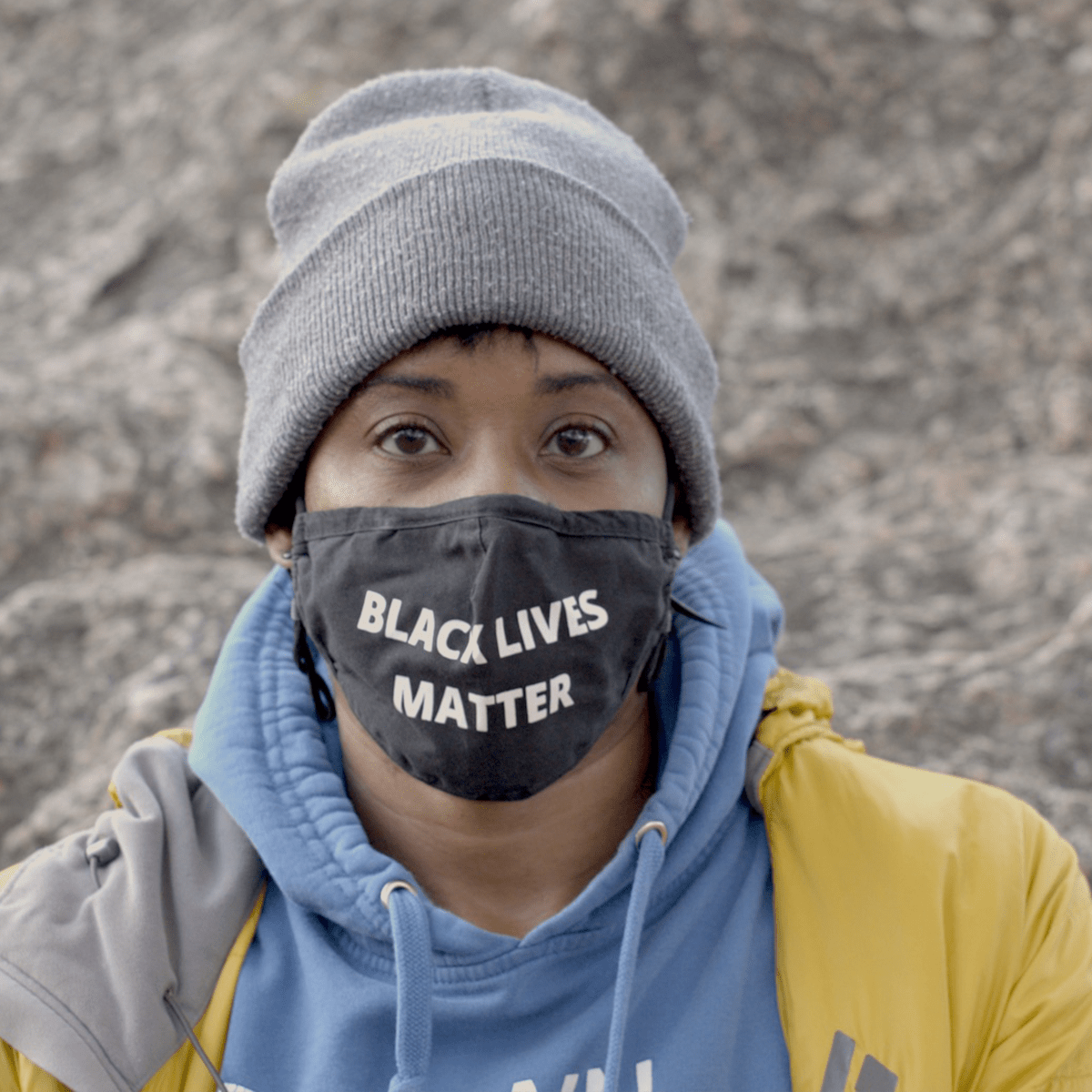
Curse of the Mutant Heirloom
Debra Schaffner, Director; Julie Wyman, Producer
A daughter excavates decades of estrangement from her Holocaust-survivor mother, fueled by a less visible predator: the BRCA gene mutation. Robots and aliens join their human counterparts in this hybrid-documentary about family, forgiveness, and female body parts.
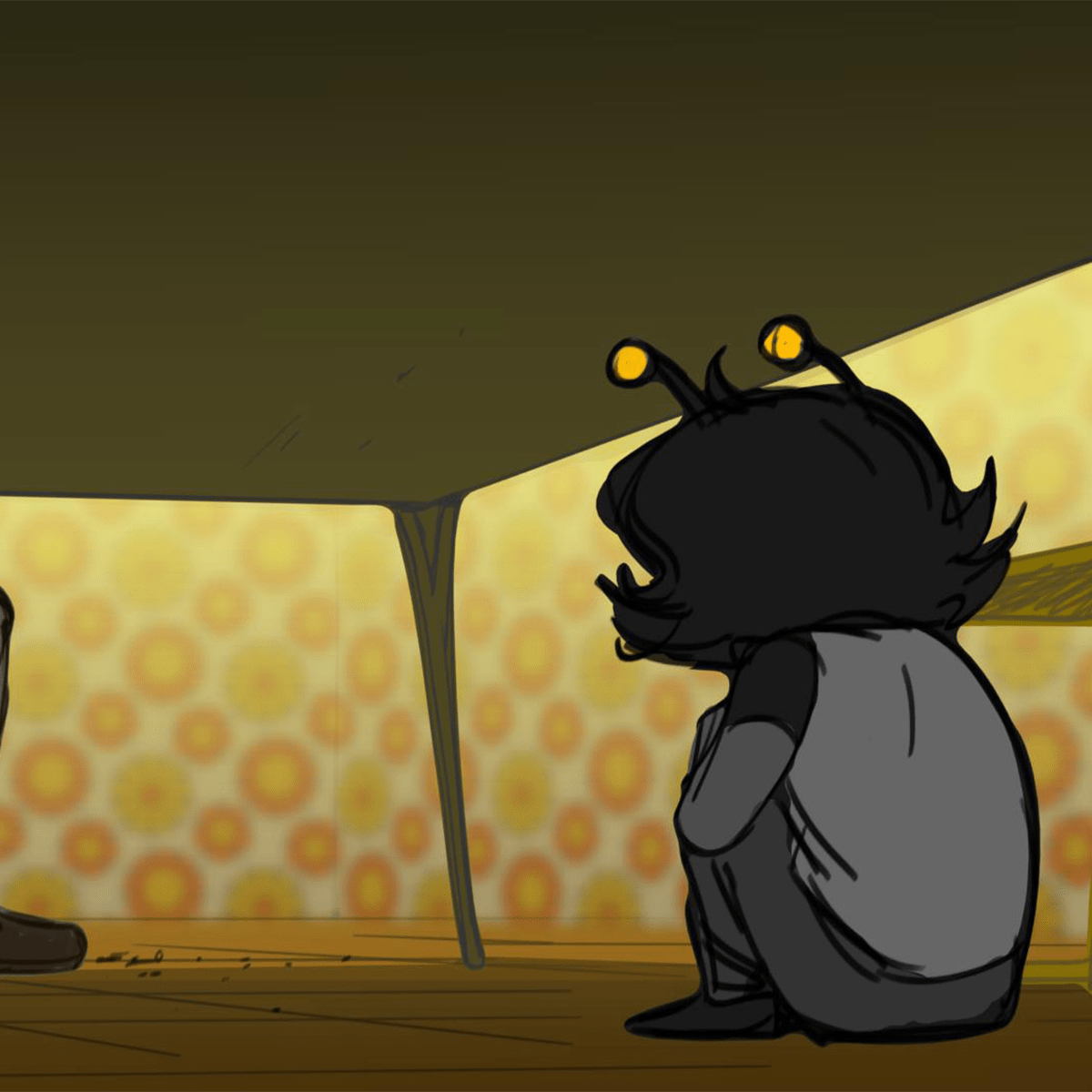
Jenin & the Nakba Between Us
Serene Husni, Director; Rula Nasser, Producer; Marc Serpa Francoeur, Producer
A diasporic Palestinian filmmaker struggles to make a contemporary portrait of Jenin, the city her parents fled following the 1967 Israeli occupation of the West Bank, when her footage takes on radically new meaning in the wake of October 7th.
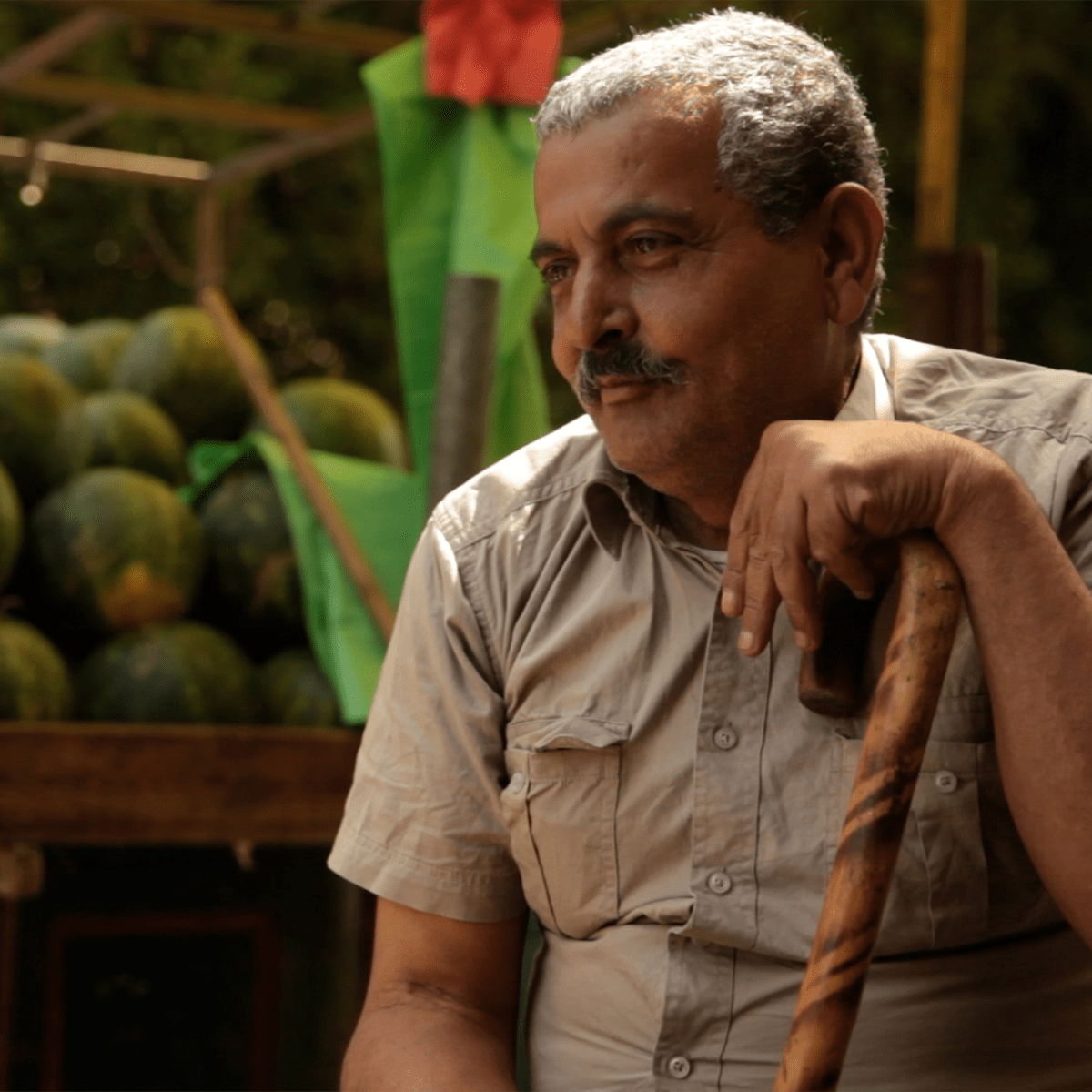
To Use a Mountain
Casey Carter, Director; Colleen Cassingham, Producer; Jonna McKone, Producer
Physics, geology, and democracy collide across the expansive American interior, in a series of vignettes from six candidate sites for a sacrificial nuclear dumping ground.
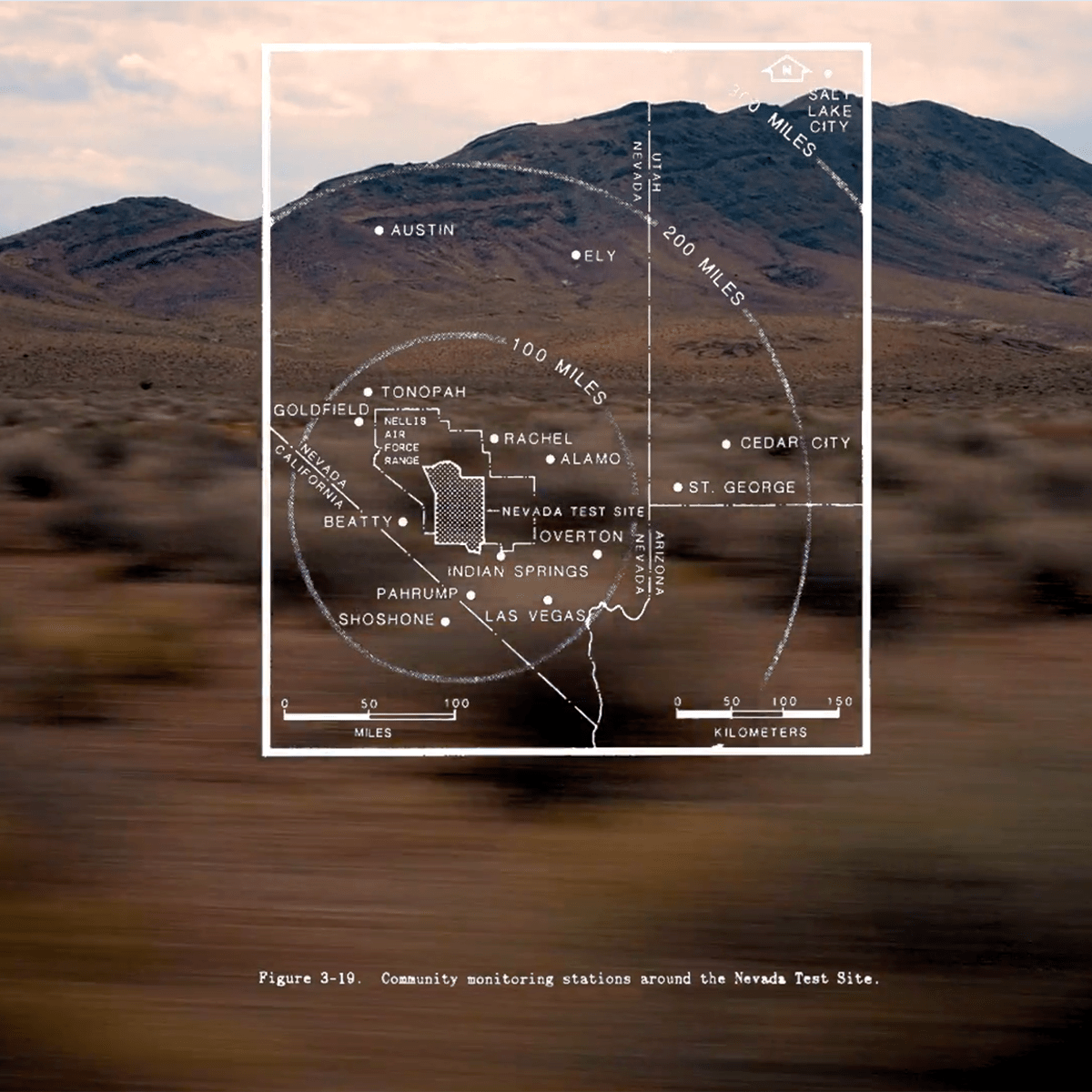
Stay In Touch With SFFILM
SFFILM is a nonprofit organization whose mission ensures independent voices in film are welcomed, heard, and given the resources to thrive. SFFILM brings the most exciting films and filmmakers to Bay Area movie lovers all year long. To be the first to know what’s coming, sign up for our email alerts and watch your inbox.
